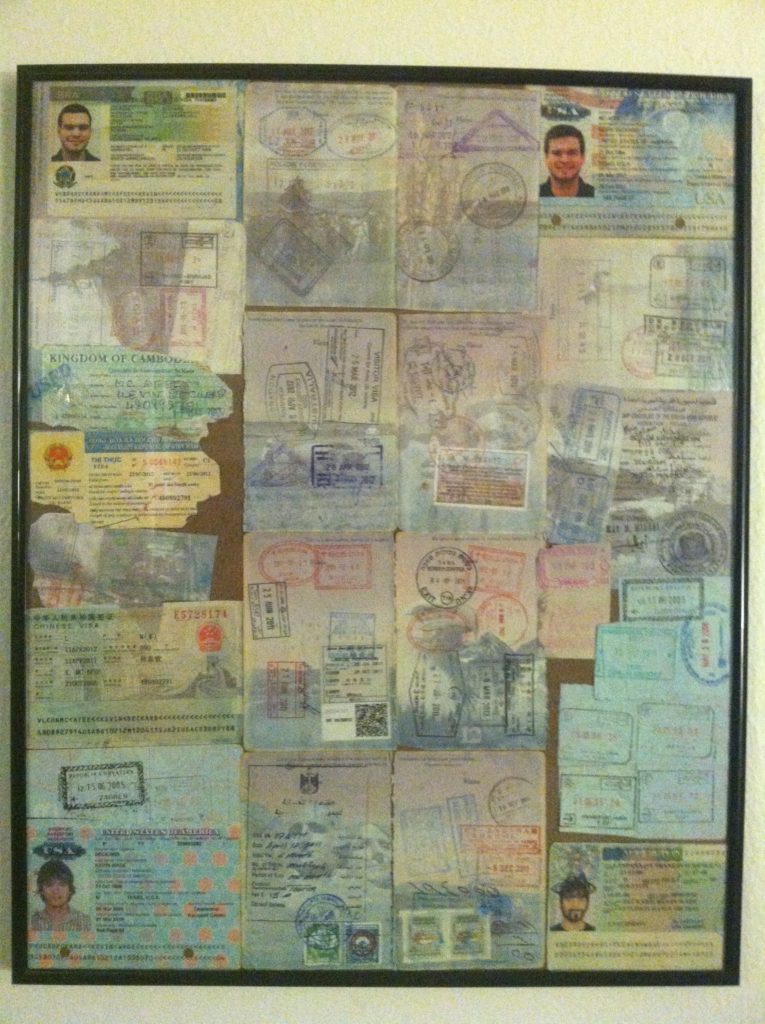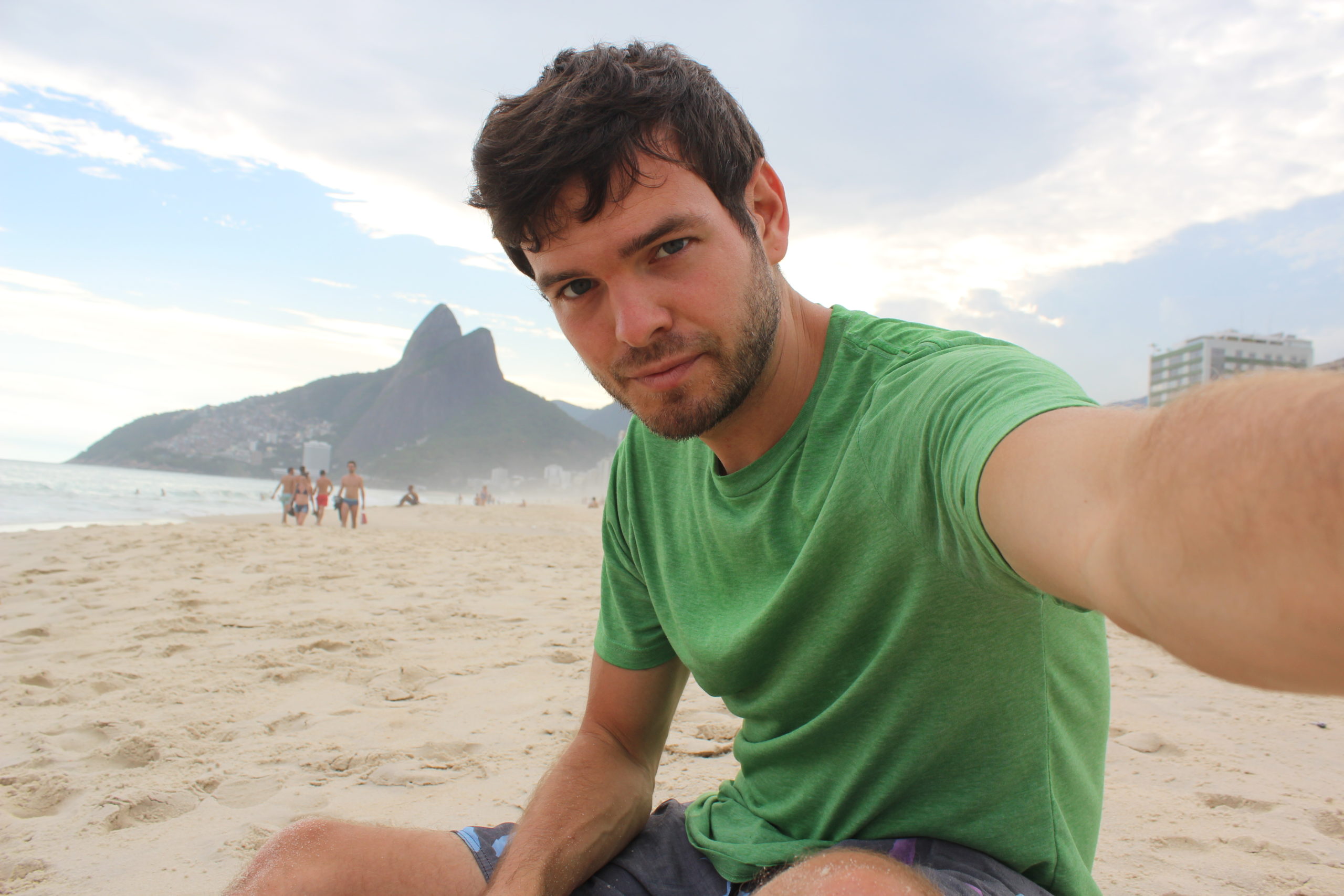Humans Inspired – Introduction
I was always a diamond in the rough. Coming from a rather well known, politically left, middle class family in Austin, Texas, I was expected to follow suit and become a name, a someone in Austin’s cultural environment. Illustrious members of my family had been journalists, publishers, radio hosts, lawyers and medical professionals. But by attending the best public high school in town with the dysfunctional children of wealthy more right-leaning parents, I just never quite fit into any of the social boxes that come along with upper class institutional education. I was my own brand of popular, with a handful of clever friends from every social circle and consequently a few enemies that had trouble accepting the kind of luck I often tapped into. I always had a lot to offer, just not in a conventional sense, and the more I leaned into the alternative path, the better my experience became. For life to make any sense at all, I had to follow the road not normally taken. By the age of seventeen, I had moved out of my family’s house, lived instead with my girlfriend, and worked on graduating early from the self-paced learning program with cigarette breaks across the street from the regular high school. The mother of the girl I was dating was a rather bougie left socialite that liked to drink and spend money she didn’t have on traveling, so when high school was over I ended up on an all-expenses paid trip to Italy and Croatia.
The trip started in Florence. Other than an awful cruise to Mexico with my family, this was my first overseas experience. I loved it. As our Taxi driver reached uncomfortable speeds through narrow cobblestone streets while cursing the slower drivers in Italian, I knew the discomfort I was feeling was exactly what had been missing from my life.
College seemed like an equally boring extension of the same arbitrary learning forced on me in high school, but it was also the most immediate opportunity to expand my awareness. I used it as a platform to try as many things as I could. Academically, I started off like everyone else, performing the same absurd duty of cramming the core curriculum into my brain for the sake of passing exams. I found myself constantly yearning for more of the experiences I’d had in Italy so when I heard you could get your language credits in another country, I signed up for an intensive Spanish language program in Barcelona. So hungry to get away from everything reminiscent of the States, I sank my teeth into anything that seemed foreign. Mostly that consisted of staying out all night speaking as much Spanish as I could alongside my Euro-American gringo posse, always waking up the next morning with sore legs and the vague memory of walking across half the city to get home. The main University of Barcelona campus was so inspiring that I somehow managed to transcend a semester-long hangover and actually sit through my grammar and vocabulary classes. By the end of it, I couldn’t believe I could actually speak Spanish.
When I got back to Texas, I made it my mission to finish college as fast as possible to move on to the next thing. The amount of student debt I was racking up was frightening. I enrolled myself in the Electronic Media program in the mass communications school, a degree I knew I could finish quickly. The program required a minor so I used that as an opportunity to take some political science classes that I was actually interested in. When it was all said and done I had attended classes at five different colleges, changed my major six times, joined a fraternity, studied abroad, and eventually ended up with a degree in Electronic Media and a minor in International Relations. My wallet was fat with a collection of student ID’s from all over the place which in my mind was perhaps the only thing I had actually accomplished. As I watched most of my fellow student colleagues go back for more or jump into the same barista economy we all had worked in throughout college, I chose a different route. It was January of 2011 when I hatched a plan to see the world and start a career in journalism.
The college commuter car I bought with student loans sold for $10,000. With that freebird cash I bought three plane tickets, a camera for shooting HD video, a handful of tourist visas, and a backpack. My plan was to visit South America first, then the Middle East and Japan on my way to live in China. My friend Rami from Austin mentioned Shanghai was an easy place to earn money teaching English so China ended up at the end of the itinerary.
Rio de Janeiro was my number one stop because Forest, an old friend I used to play music with back in high school, was living there. I wanted to experience some exotic foreign beauty and Rio seemed like the place to do it. Forest had inspired me in the past with his stories of finding one hundred dollar round trip flights to Jamaica and staying with people he met on the beach for free. Now he was living in the heart of a neighborhood called Lapa, what he described as the culturally rich and sometimes dangerous bohemian center of town.
I was a starry-eyed gringo when I got off the plane in Brazil with little to no idea what to expect. Having scribbled Forest’s address on a napkin in the airport before boarding the plane, I showed it to the cabbie at the Rio airport. I knew Forest was living in Brazil because of his love for the music down there so when I showed up on his doorstep I was surprised to see how unhappy he looked. Apparently he had contracted Dengue Fever, an unpleasant mosquito borne tropical virus. Now I would have to figure out Rio De Janeiro on my own. I wished him a speedy recovery as I got back into the cab and told him that I’d be back to interview him for a video in a few weeks.
The cabbie found me a hostel down the road in Santa Teresa that became my home base for a few days of exploring the city. The energy (and humidity) in Rio was incredibly thick, and after a few nights of lovely samba circles and Caipirinhas I began to feel a strong sexual energy. I had heard it was like that in Brazil but I didn’t know what people meant until I found myself in the middle of a crowd of people, unable to speak a lick of Portuguese, smiling and laughing with one girl after another as if it were part of the dance. Another part of the dance seemed to be offers to go home with quite a few of them but by the time that actually happened, I intentionally crashed on the couch. The next morning, I found her making me coffee in the kitchen and she started talking about The Middle East. She had lived in Tel Aviv for a year with an Israeli guy and we had talked the night before about how I was headed to the Middle East. I realized she was happy to have company and rather quickly she said I could stay as long as I liked. Happy to have a free place to stay, I ended up staying with her for about a month, helping out with groceries and learning what life is really like for people living in Rio. When you’re on your own you can take people up on their generosity, and why not? I’m lucky that way. Throughout all my travels ahead I discovered I could always show up somewhere new, check into a hostel for a few days and pretty quickly socialize my way into a free boarding situation. It wasn’t my goal but at first it became my strategy. I was on a $20 per day budget and there was really no other way I could have pulled off my round the world trip.
During that month in Rio De Janeiro, I met some folks from Argentina who were on their way to a little beach town south of the city called Trindade, just outside the colonial port village of Paraty. When they asked me if I wanted to go with them, I happily signed on. I wanted to get a little more variety in Brazil before I was off to the next place. Trindade is a little beach town next to a national forest reserve composed of the same underlying landscape of Rio de Janeiro but without the big city. There were amazing waterfalls and hiking trails littered with bright blue butterflies and places to jump in the water up and down the coastline. I had never seen anything like it. Walking around barefoot in the rainforest and swimming in the ocean every day, I found the exotic freedom I had yearned for. I spent a whole month there and loved every minute but by the end I knew I was running out of time to catch my cheap nonrefundable flight from Buenos Aires to Istanbul. I took a bus back to Rio to catch the flight via Argentina to Turkey. I had picked Istanbul because Ben, my good friend from the Barcelona Spanish language program, planned to meet me there to travel through The Middle East.
When I got to Buenos Aires I called a friend I had made in Brazil from a payphone in the airport and got directions to his house. I knew ahead of time he played in a rock band but what I did not know was they were all hard-drinking cocaine users and the atmosphere in his house was bizarre. His mom engaged in what seemed like regularly scheduled fights with her racist boyfriend when she wasn’t working part time for the government. It was a little jarring going from the coastline rainforest to a European style city with all of that going on, but I was grateful to have a place to land.
In Buenos Aires I started to explore my camera. I wanted to use my degree in multimedia journalism to make videos but I really didn’t have any sense of what to make videos about. I would read the news and then try to think up ways to get into the action. The ideas weren’t coming so I just began carrying my camera wherever I went and filming whatever happened to be going on. I couldn’t stay at my friend’s Mom’s house forever either so I came up with the idea to approach a hostel in the middle of the city as a professional videographer and photographer. I offered them a business-like proposal to make a video of their hostel on YouTube in exchange for a free place to stay. Not only did they go for my proposal but they wanted me to film the pub crawl that the hostel puts on every night as part of the video. When people would ask me why I was filming, I would tell them that I work for the Hostel and the whole situation quickly created a dynamic where I felt like the most popular guy in town. Perhaps it was the buzzed traveler’s perception of me that did it, but it was my first time in Argentina and I hadn’t had to pay for a place to stay even once. Now I was getting free drinks! I was thriving for a guy traveling on $20 a day. I realized that depending on how you hold a camera, it can easily become an all-access pass to the world at large.
After a few weeks hosteling in Buenos Aires, I was ready to put my camera to better use, and with all the excitement about the Arab Spring in the news, I was happy to be getting on a plane bound for the Middle East. The US government had put out a travel warning for American travelers discouraging travel to pretty much every country except Israel. I will admit that made me a little fearful, but I trusted my friend Ben would have all the information we would need to travel safely to the right places. Ben came from a rather wealthy Labor Party family in England. His mother’s father started Vogue magazine, his father was a well known retired parliamentary politician, and his older sister was a producer for Al Jazeera. They were all very well connected in the journalism world. Ben had been accepted to a graduate program in media at the American University in Beirut so Lebanon was one of our target stops, but first: Istanbul.
My international flight was delayed and I was actually super grateful because the stopover in Madrid turned into a much needed night alone in a nice airport hotel drinking wine and eating tapas on the airline’s tab. Since Ben and I had met studying in Spain it made for a great story when I got to Istanbul. We had planned to meet in a cheap youth hostel in Istiklal near the city center and I arrived there during the middle of the day. As I walked through narrow ancient bricked streets, smells of diverse spices and the sounds of midday prayers echoing off the minarets of a thousand mosques seasoned the day. I had finally arrived on Asia’s doorstep.
When I walked into the hostel, I met a long curly haired fellow named Bobak who went by Bob. Bob was from Iran, looked like he might be in a metal band, and had travelled for three days to Istanbul from Tehran by bus for a Guns and Roses reunion concert. He clearly worshipped rock and roll and he even looked a lot like Slash. I had read that 70 percent of Iran was under the age of 35, making it one of the youngest populations in the world. I’d also heard that Iranian people loved the West. All of that was singularly personified by this guy so I took the opportunity to explore the city for a few hours with him and get a download on Iran while I waited for my friend Ben to show up. When Ben finally did, the three of us quickly became friends amongst another group of Polish backpackers. Ben and I were both reciprocal to how interested Bobak was in meeting us. It seems like forever that Westerners have been hearing a narrative about the military and nuclear threat of Iran. When Iran politically rejected the Western World in 1979, Ben’s father had been the government official to call in the British military to storm the UK embassy in Tehran, so I think we both had an interest in learning about Iran from the perspective of a young modern Iranian like Bob. Unfortunately the nature of the hostel experience only left us all with a day or so to get to know each other.
I began to become aware that wearing a backpack for a few months traveling in South America had made my body rather sore. Ben had the idea to visit the most famous Hamam in Istanbul to get the real Turkish bath experience. As we walked down the marble stairs into what felt like a sauna built by Roman gods, these fat bellied hairy men came out and started pouring piping hot water all over us. They then proceeded to contort our bodies in ways that seemed highly unnatural, cracking every joint while exfoliating and washing the body, alternating between piping hot and freezing cold water for about a half hour. By the end of it I walked out feeling like a different person altogether, wrapped in a towel in a daze of relaxation and euphoria. I hadn’t come to Istanbul with any plan other than to land at a starting point to travel The Middle East, but Ben’s indulgent upper class background created a tendency for hedonistic experiences which were fine by me.
Before I left Austin I drove to Houston and spent a couple days visiting all of the consulates of the countries I planned to go that required visas for American travelers. I had a visa in my passport for Syria and had planned to travel via Damascus to get to Lebanon, but the situation there was rapidly degrading into what soon became the unfortunate civil war we all know about. We were also getting a lot of information from Ben’s family not to go there, so we decided to catch a flight to Beirut instead. After a free flight to Beirut via Ben’s family, I found myself on couchsurfing.com in the airport, looking for someone to host us in Lebanon when we landed. Right before it was time to get on the plane I got a hosting offer from a clever looking fellow named Firas. He gave me an address near the city center of Beirut and after we got through customs in the airport we took a taxi there. The cabbie pulled up to a bright yellow French colonial style mansion complete with columns and high ceilings. When Firas came out from behind the house to greet us, he was a happy looking 30 something wearing an eclectic collection of eastern clothing, drinking hot Maté from a gourd. “Welcome to my home” he said as he proceeded to give us a brief tour of Zico House, a progressive nonprofit space that has served many important roles in Beirut’s history. Without much effort we seemed to have landed in the right place.
Firas was a vegetarian chef and the caretaker of Zico House. He lived in a small room in the back that had three twin sized mattresses on the floor, a hot water kettle, and supplies for rolling spliffs and making maté. We were fascinated by all of it and we knew we were very lucky to be connecting with an entrusted member of the community in Beirut. Firas had travelled around the world himself and genuinely enjoyed connecting with fellow travelers and hosting them for free. In the morning we all woke up to a hot cup of Maté with Firas and started meeting people from the NGO’s that operated out of Zico House at the time. One of them was focused on environmental issues in Lebanon and the other was the only non-profit in the Middle East for LGBTQ rights. It was great to be surrounded by the familiar energy of progressive people. Since I hadn’t come up with any new video ideas yet, Ben suggested I do one about Zico House.
The next day we made our way to the American University of Beirut so Ben could get an idea about whether or not he was going to accept his invitation to study there. As we walked around the impressive Mediterranean seaside campus we eventually located the media department and began speaking with the head of the journalism and media school there. Now that I was actually in a part of the world that seemed to always be in the news, I wanted to find out where to point my camera. Here I was speaking with the head media professor at the American University of Beirut. I knew my opportunity had come to do that. At the time, refugees from Syria were starting to cross into the north of Lebanon and I told him I was interested in interviewing people and learning the process of getting media published. He told me the story I was looking for wasn’t in Lebanon. He said I needed to go to Egypt, and that became my mission.
Ben had booked a flight back to England from Tel Aviv a few weeks later and we knew we couldn’t cross the border to Israel from Lebanon so we decided to get a flight to Jordan. I had seen too many Hollywood movies set in the Middle East and I had read that 60 percent of the country is composed of refugees from Palestine, but the image of a desert wasteland filled with refugee camps quickly faded away as we drank sweet tea and smoked hookah in the lobby of our hotel in Amman. We had a lot of ground to cover and only a short period of time but we decided to take a couple days to go to Petra before making our way to the Israeli border. While trekking past nomadic Bedouins on camelback and impressive stone monuments carved out of the sides of iconic red desert mountains, I eventually met a guy from Dallas wearing a backpack at the highest point of elevation. You could see the Dead Sea from there and I remember feeling a little disappointed that no matter how much I strived for an exotic experience with these inspiring simplistic desert dwelling people, the privileged reflection of a white guy wearing a backpack was all I was coming up with. Ben and I had a great experience nonetheless.
After we took a bus back to Amman we got a taxi down to the King Hussein border crossing to the West Bank and Israel. The transportation companies there make you buy a bus ticket to cross the Allenby bridge as the Israeli military slowly screens (and hassles) pretty much everyone trying to enter the West Bank. As we waited on the hot bus without air conditioning at Israel’s immigration facility, I noticed the guy sitting next to us had a backpack between his legs with a professional looking camera sticking out. I didn’t ask what he was there doing but I could see he had most likely been drawn to that part of the world for reasons very similar to my own. As we crossed the bridge to the West Bank I remember him saying “I just feel like this is the center of the world,” and it really does feel that way there. When we got off the bus we entered a long line of Arab women, many with young children, and I could immediately feel the discomfort of hundreds of Palestinian refugees attempting to go see their families and former homes. We were quickly asked to change to a shorter line for people with western passports but we soon found ourselves being interrogated by a rather overweight freckled red haired IDF soldier. He must have been about 19 years old. When he had found stamps in our passports from Lebanon he seemed truly satisfied in telling us to wait in another area where people seemed to have been waiting for hours. The whole situation was chaotic and stressful and I had never seen Ben angry before. At one point I remember a Chinese guy walking into the middle of the scene and shamelessly spitting on the floor, a disgusting yet relieving moment that reminded us both of being somewhere else. Is this guy lost?
After spending about 8 hours crossing the border into the West Bank, the twenty- minute taxi ride to Jerusalem was a breeze. Waiting in infinite lines of suffering people made finally sitting down and eating hummus and falafel feel like a well deserved reward. As we made our way through the old city of Jerusalem the sounds of market exchanges and smells of diverse spices reminded me of and took me back to Istanbul. I actually considered myself a devout atheist at the time so walking around all these different kinds of religious people made me want to laugh, but the energy of it all was so unique that I found myself feeling that romantic sense of pure travel again. Everything in the old city was indeed old, including our Palestinian owned hostel. When we went to check in it was difficult to tell who was Israeli and who was Palestinian. Our first time experience in the holy land for the first time was proving to be just as confusing as it was compelling, and we knew everything was controversial. We wanted to find out for ourselves what was going on there.
In the morning Ben and I took a bus with bulletproof windows to the holy town of Hebron. Christians, Muslims and Jews all have a stake here because the burial site of Abraham is in the middle of the city. His grave is inside a Palestinian mosque that is surrounded by a heavily fortified and militarized Israeli settlement. The tension here is palpable and Ben and I knew it would be that way, but we were surprised to see people going about their day as if nothing at all unusual was going on. The bustle of commerce and sense of religious significance being enacted all around us was like Jerusalem but the energy was heavier. After a day of talking with Palestinians about the harsh realities of living a life under military occupation we were feeling ready to go. When we made our way back to the bus stop we noticed a young nervous looking skinny man sitting there waiting for the bus. Fairly quickly a group of young Hasidic Jews accompanied by what appeared to be a Rabbi approached the man and began saying things along the lines of “go back to where you came from you filthy Arab.” Being American, I always had a perception of Jewish people as a polite and timid culture that mostly keeps to themselves. It was a shock to see a group of American born Jewish settlers harassing this man like that. Ben and I began to speak up for the man and the settlers quickly left him alone. When we began chatting with him I asked why he wasn’t standing up for himself. It turned out he had just been released from the hospital because a few weeks prior when he was waiting at the same bus stop, one of these settlers had stabbed him. He was legitimately scared of these young kids and despite their harmless appearance it turned out he had pretty good reason to be.
When we got on the bus I sat next to an eighteen-year-old girl from the Israeli military who seemed really sweet. She proceeded to put her military hat on my head and tell me about the assault rifle she was carrying and how she had named it Bob. I could see she was a peaceful human being which gave me a bit of relief from the hostile experience we’d just had with the Israel settlers at the bus stop. On the bus ride back to Jerusalem while we talked with the Palestinian man from the bus stop and the young IDF soldier, I could see the reality of living here. The conflict is intense and oftentimes becomes extreme. People aren’t treated equally, not even close, but at the end of the day, they’re all riding the same bus with bullet proof windows to get home. Ben and I were grateful to have witnessed that reality, but happy it was not ours to have to live with on a daily basis.
We spent the rest of the week in Ramallah, the proposed capital of Palestine, and a much more stable part of the West Bank. I had always pictured these places to be dustier and less abundant than they were but the land was fertile with olive trees and there seemed to be delicious food everywhere. We kept meeting large groups of children playing alone in the street. It was really quite an adorable site and these little Palestinian kids were so photogenic. After talking with them we began to see that the real Israeli Palestinian conflict lies in the race to out-procreate each other. All you seem to hear about the Palestinians in the news is that they are hostile and want to destroy Israel, but they’re mostly just the children of farmers. Deep down they just want to tend the land their ancestors have farmed for a couple thousand years, mostly producing olive oil and raising goats. The ambulances have the words “donated by the Turkish government” written on them. A lot of the infrastructure seems to have come from other Arab and Eastern countries, and there is a surprising number of Christian churches everywhere. As we sat down for a pint of artesian Palestinian beer, I remember two low flying Israeli fighter jets buzzing the brewery. The beer was good, but the undeniable heaviness was not.
The whole of Israel and the Occupied Palestinian Territories was significantly smaller than I could ever know without actually going there. After crossing back to the other side of Israel’s wall from Ramallah, it took us a little over a half hour to get to Tel Aviv from Jerusalem by bus. When we got there we checked into an Israeli owned hostel near the beach. The ocean looked blue and clean, the hummus and falafel looked delicious, and the overall vibe reminded me a lot of Southern California, only nicer. I honestly couldn’t believe how pleasantly abundant it was there with people suffering and living in shit so close by. As much as I was happy to be thawing out on the beach, I was ready to talk to some Israelis about what I had just experienced in the West Bank. Pretty quickly we began talking with a dark skinned man whose appearance reminded me a lot of the Palestinian man we met at the bus stop in Hebron. I thought for sure he was an Arab Muslim but it turned out his parents were Jews from Syria who had immigrated to Israel before he was born. I wanted to tell him all about how wrong some of the things I had just seen in the Palestinian Territories seemed to me, but I ended up getting yet another point of view. We talked for about an hour about the various routes that Jewish immigrants had taken throughout the Middle East to immigrate to Israel over the past hundred years, literally drawing them out in the sand in front of the hotels on the beach. In all honesty before that conversation I was ready to side with the Palestinian cause and curse the state of Israel but I left the beach feeling somewhere in the middle that day, and I suppose I’m still there today.
I was happy to walk around for a few days and try the food but in all honesty I was ready to leave Israel. I felt exhausted by the whole experience and by the time we actually made it to Tel Aviv my wallet was getting thin and the prices weren’t helping. It was also time for Ben to fly back to England. As we said our goodbyes I began to feel a sense of both fear and excitement. I was on my own again and it was finally time to go to Egypt. The government had just been overthrown there and I really didn’t know what to expect. I needed to find somewhere to call my base while I explored Cairo. Once again I found myself on couchsurfing.com. When I got an offer to be hosted by an English expat in Cairo, I booked a cheap bus ticket from Tel Aviv to Eilat, the southernmost town in Israel on the Red Sea. Scuba diving is big there and I would have loved to have spent some time underwater but I had read that the Egyptians were planning the biggest mass demonstration and protests since the Arab Spring had begun. I was on a mission to be there for it.
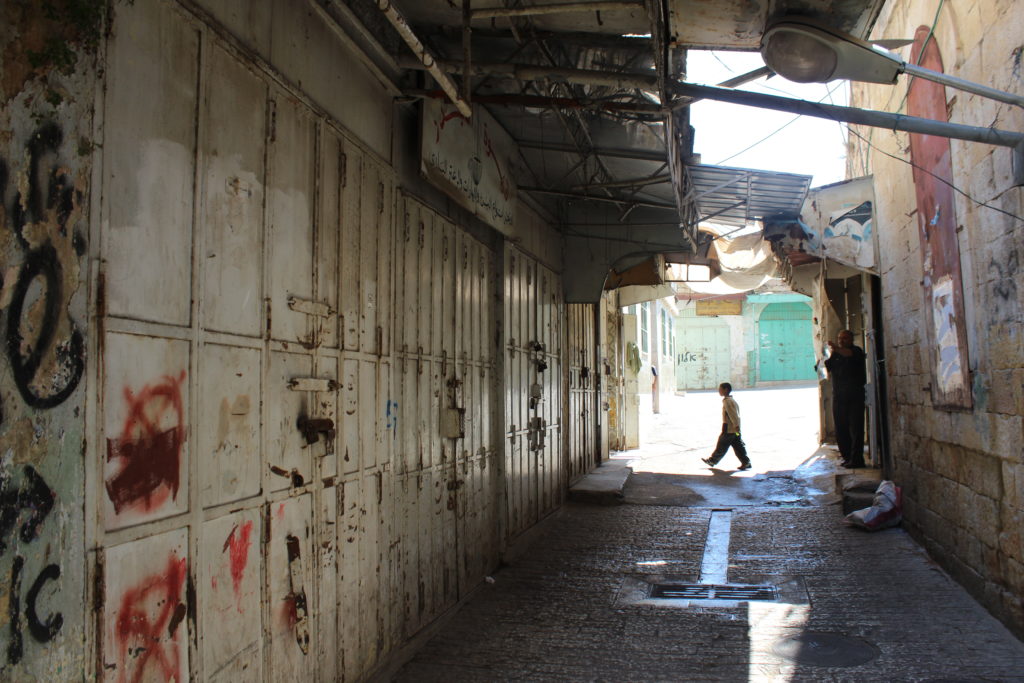
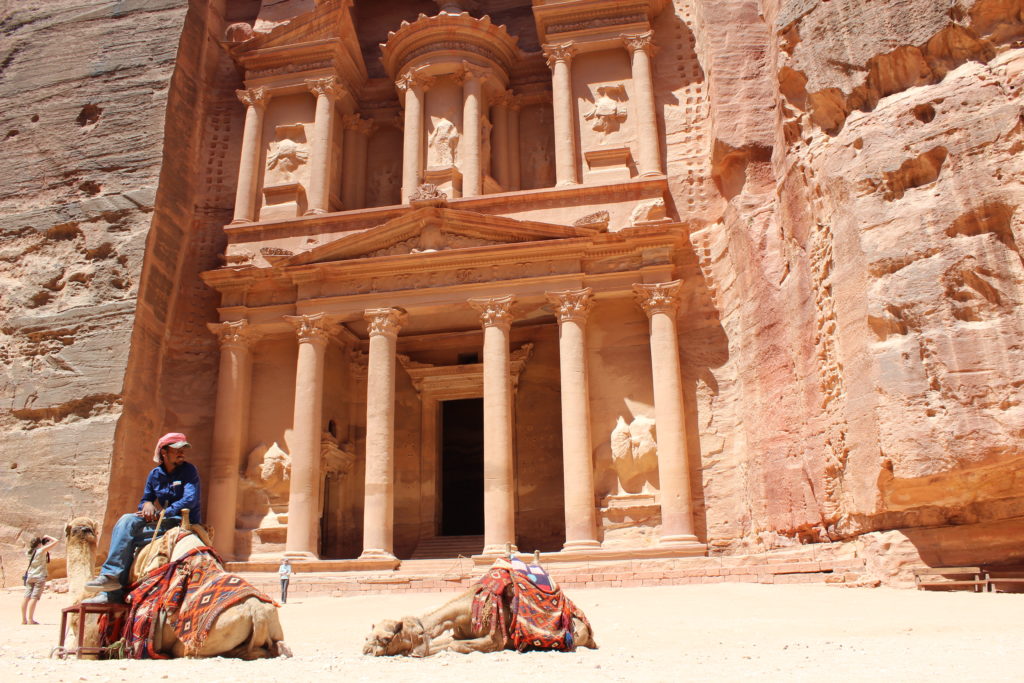
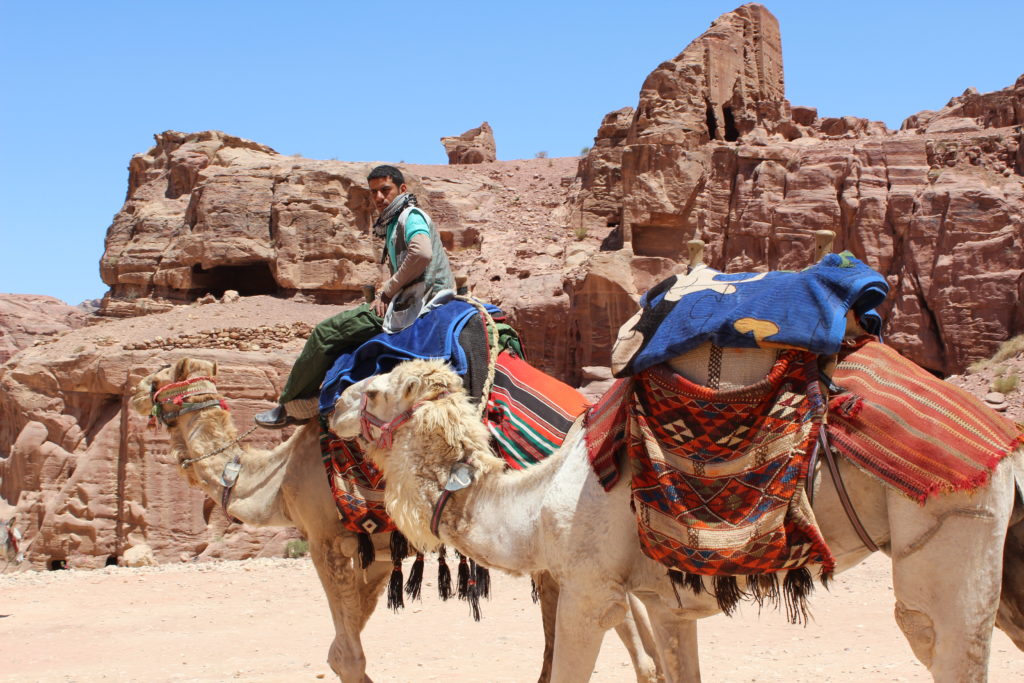
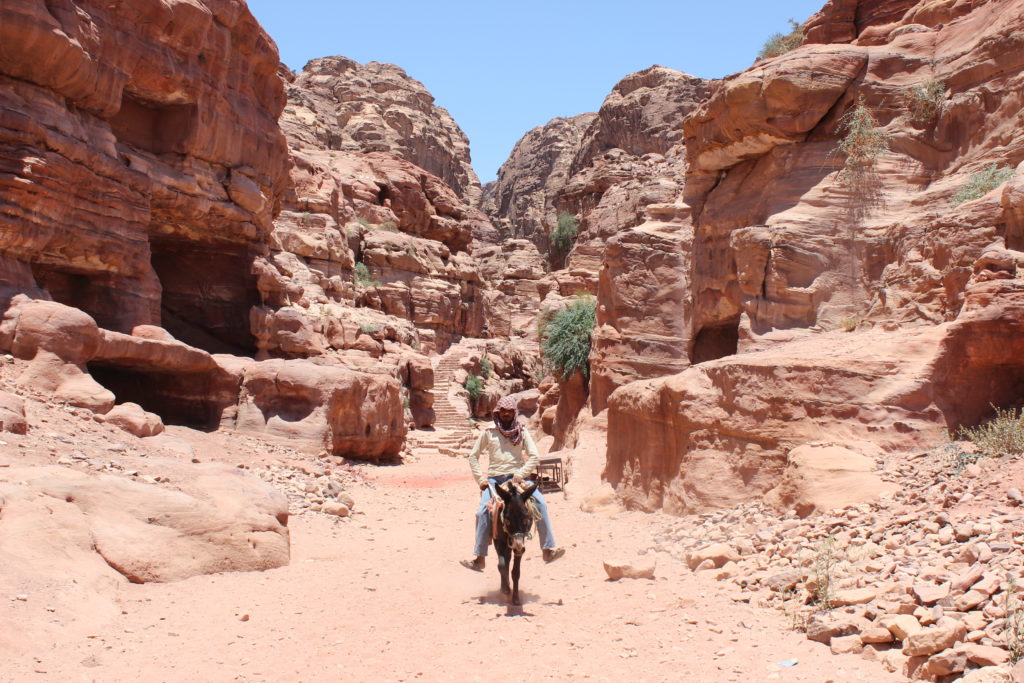
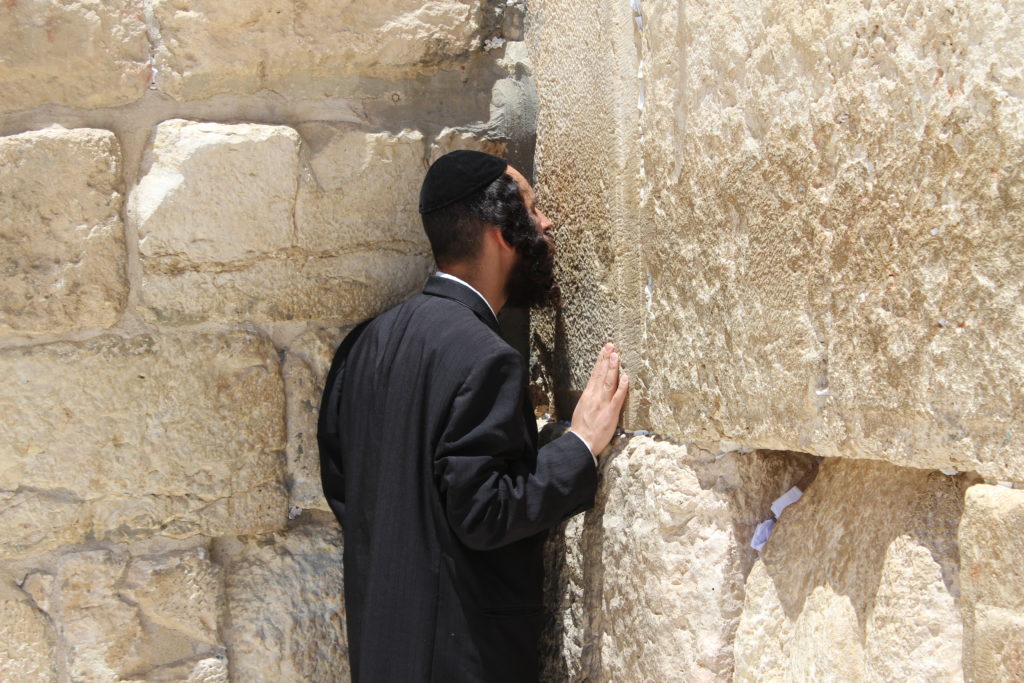
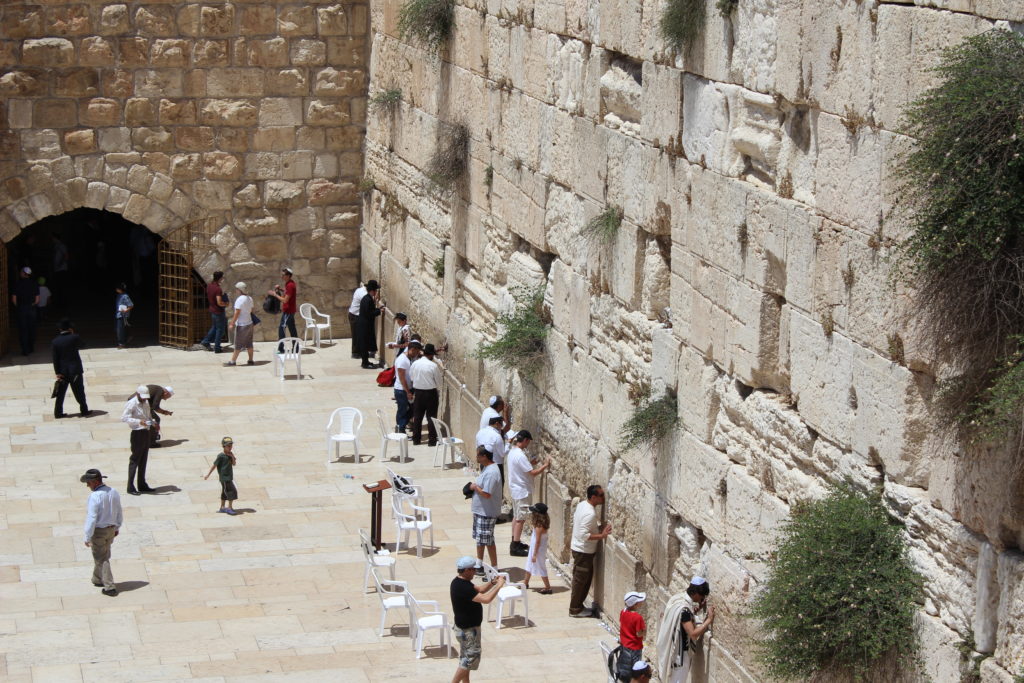
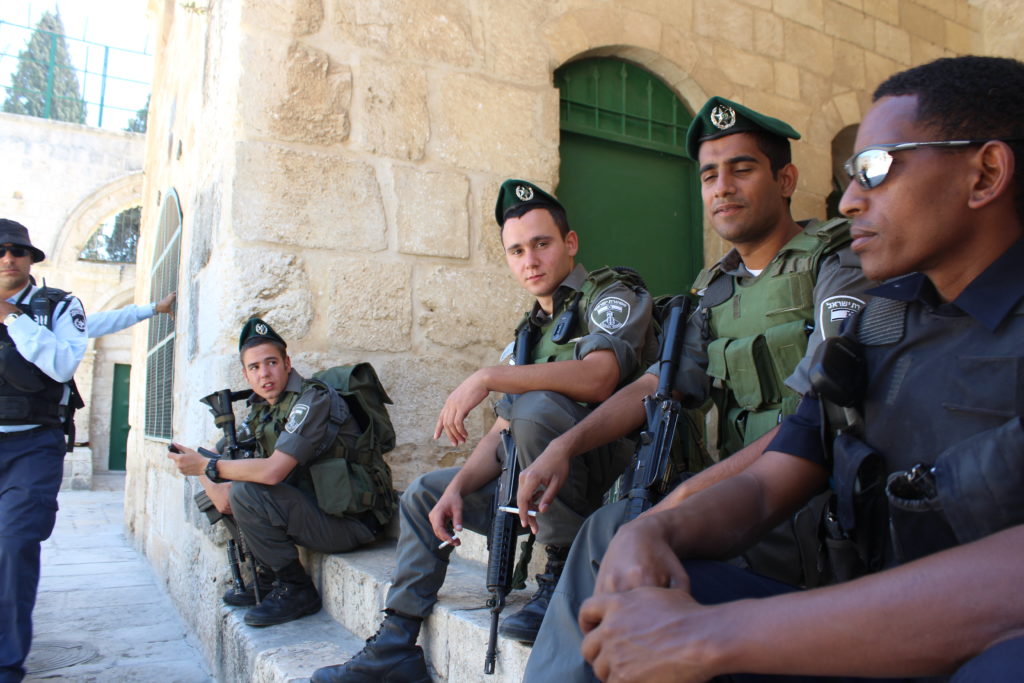
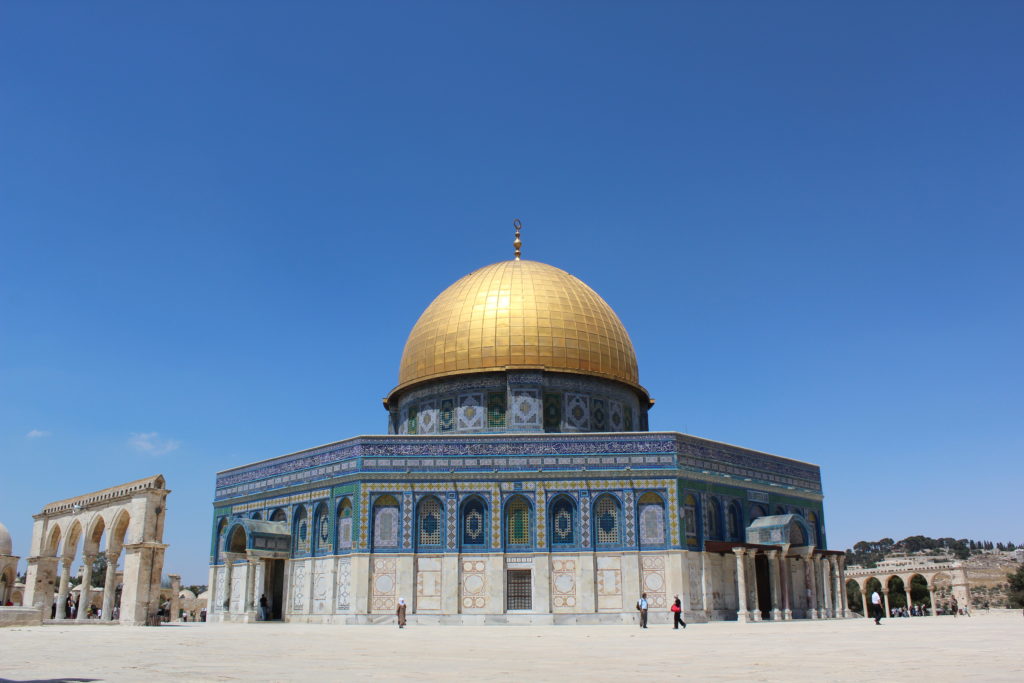
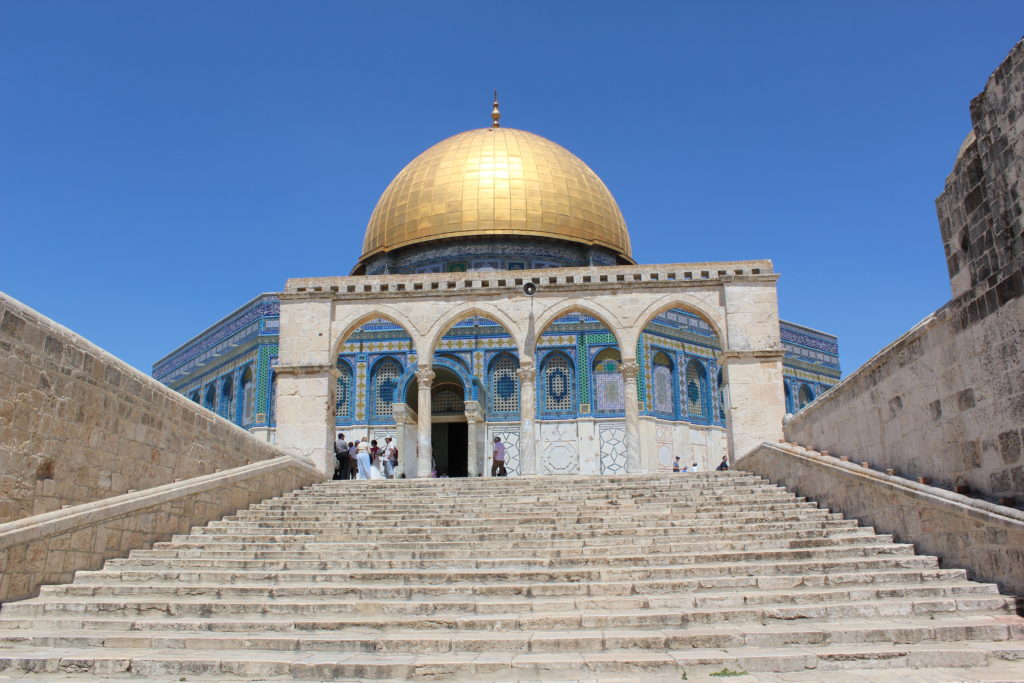
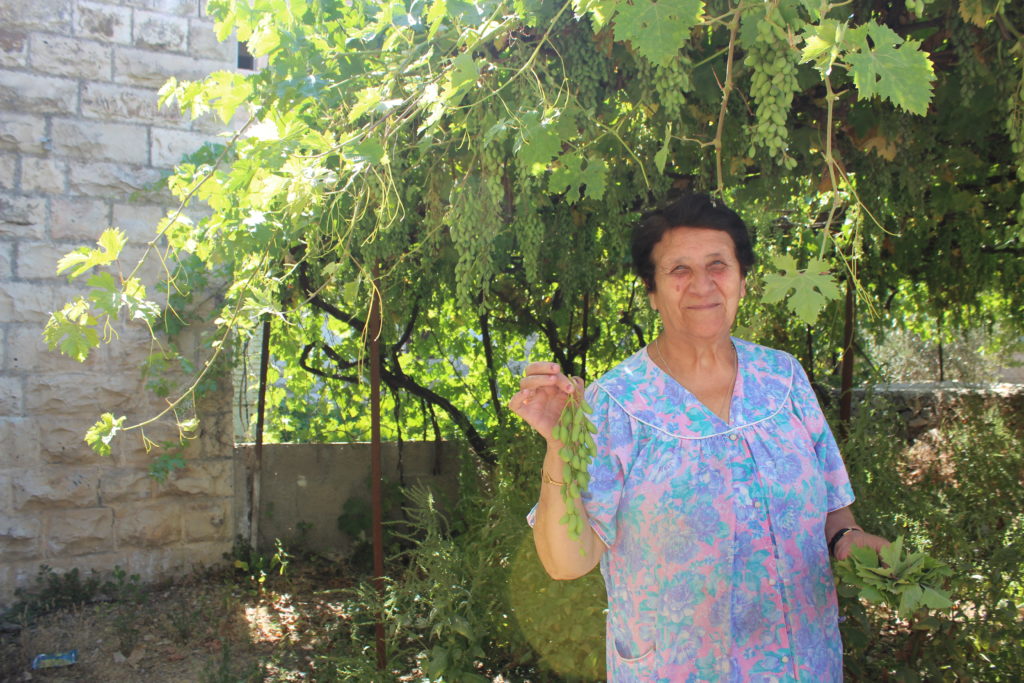
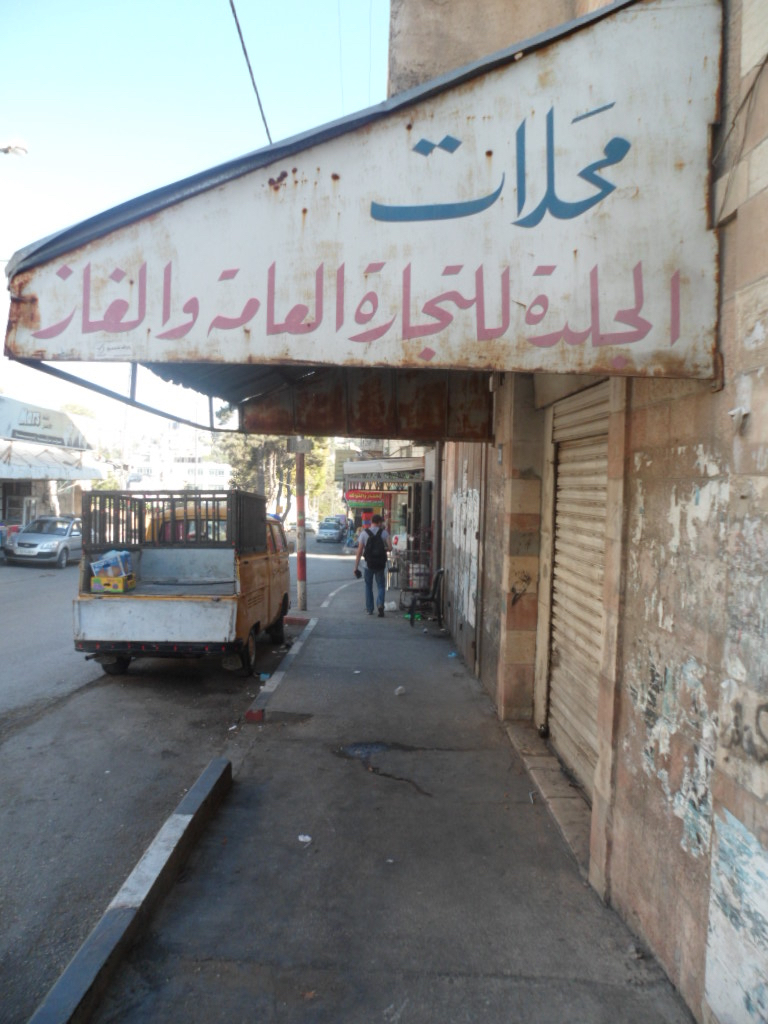
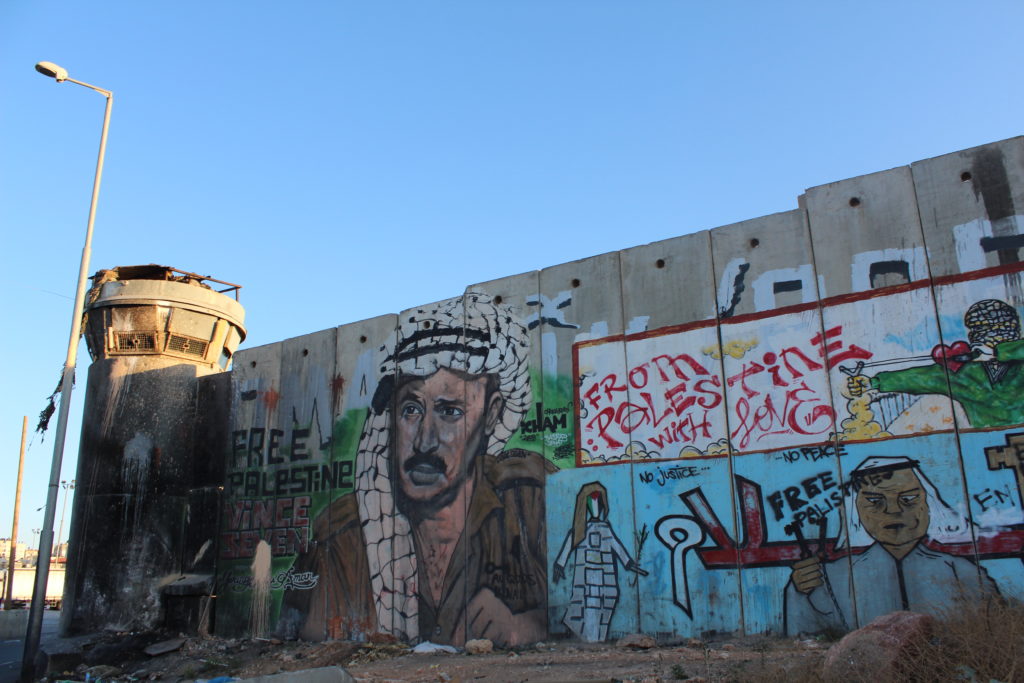
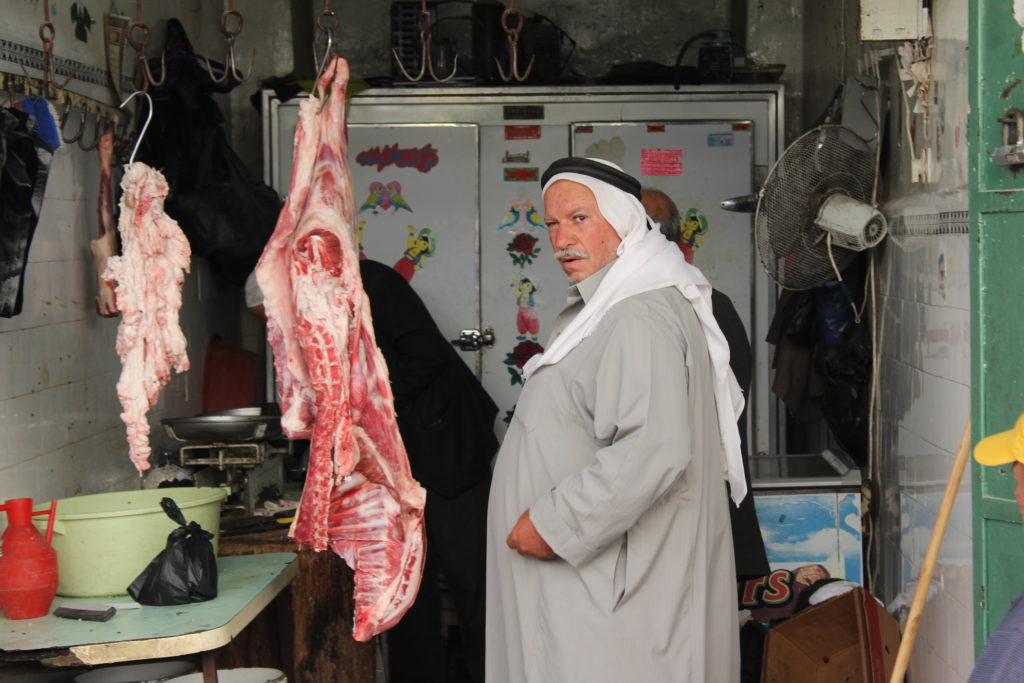
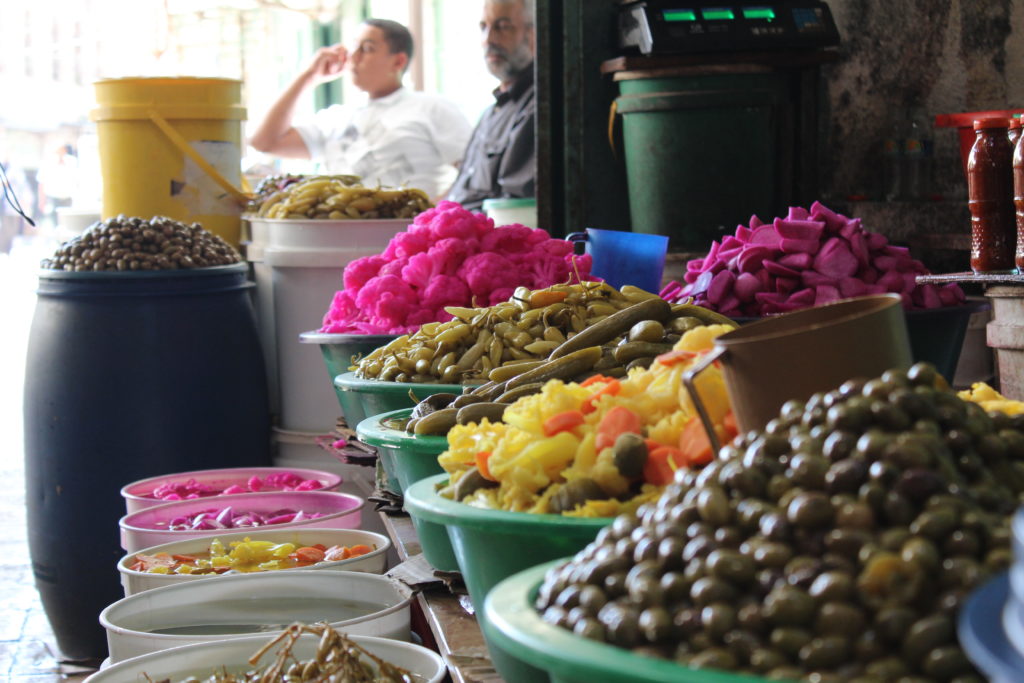
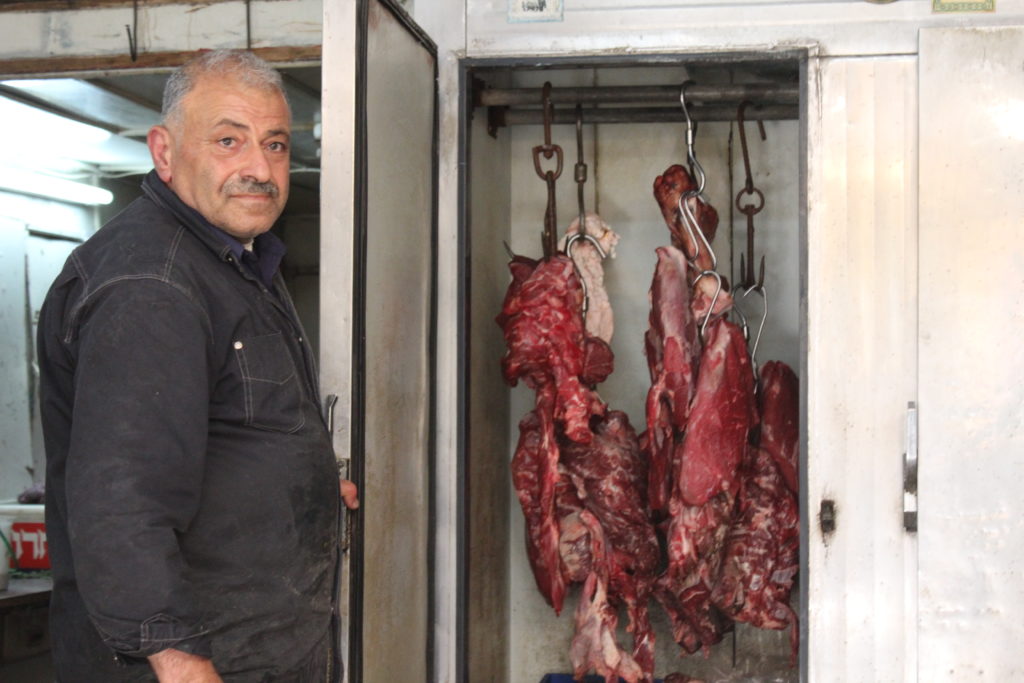
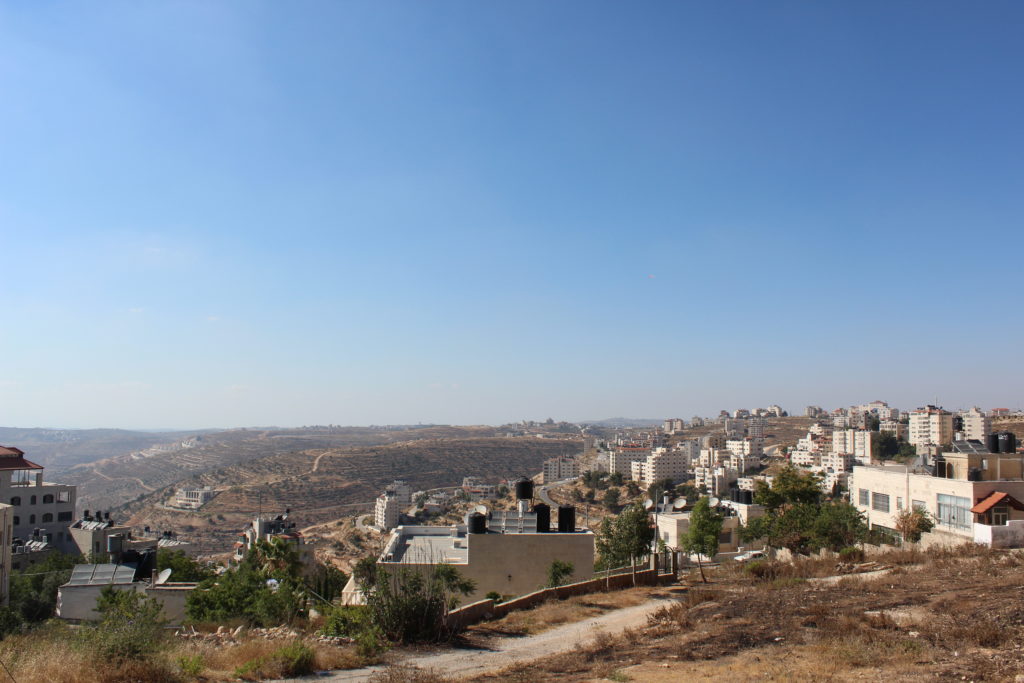

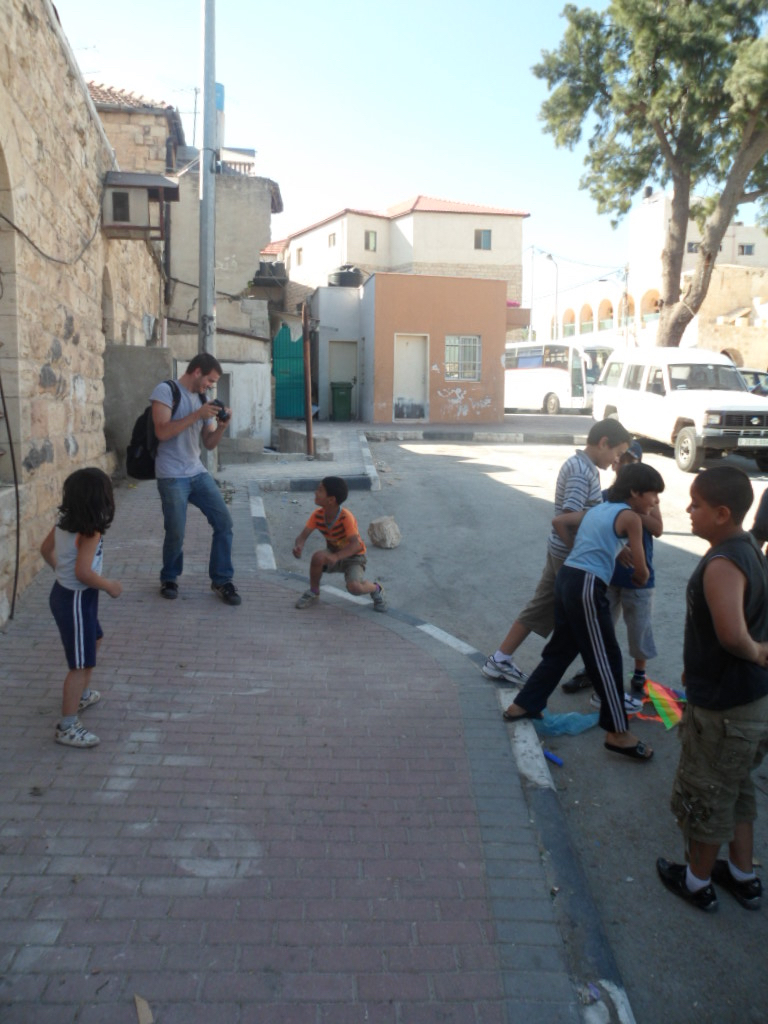
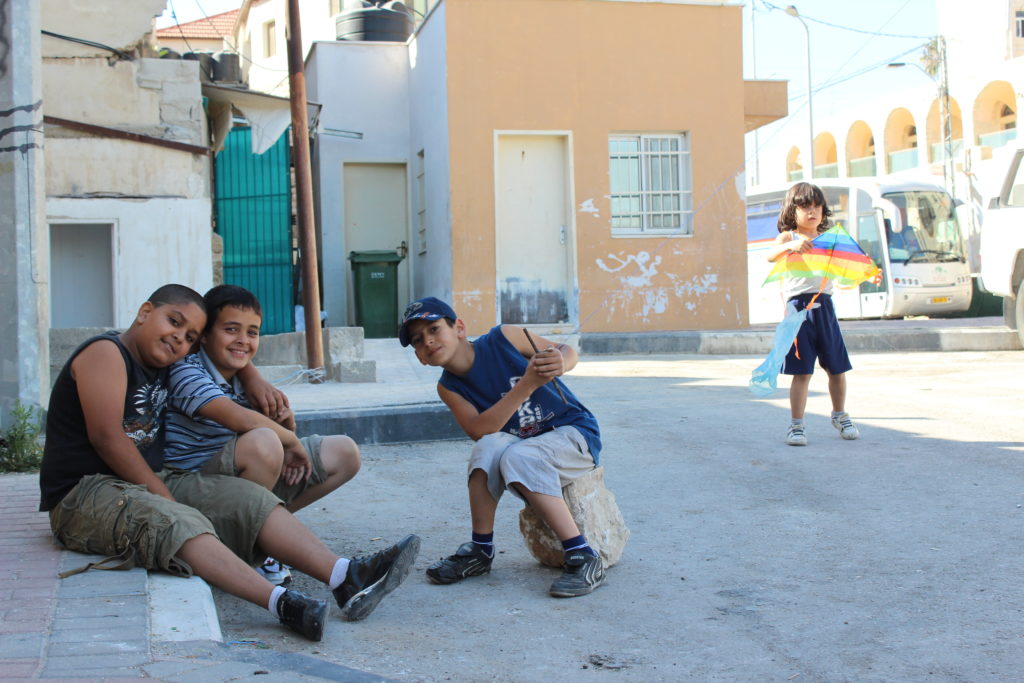
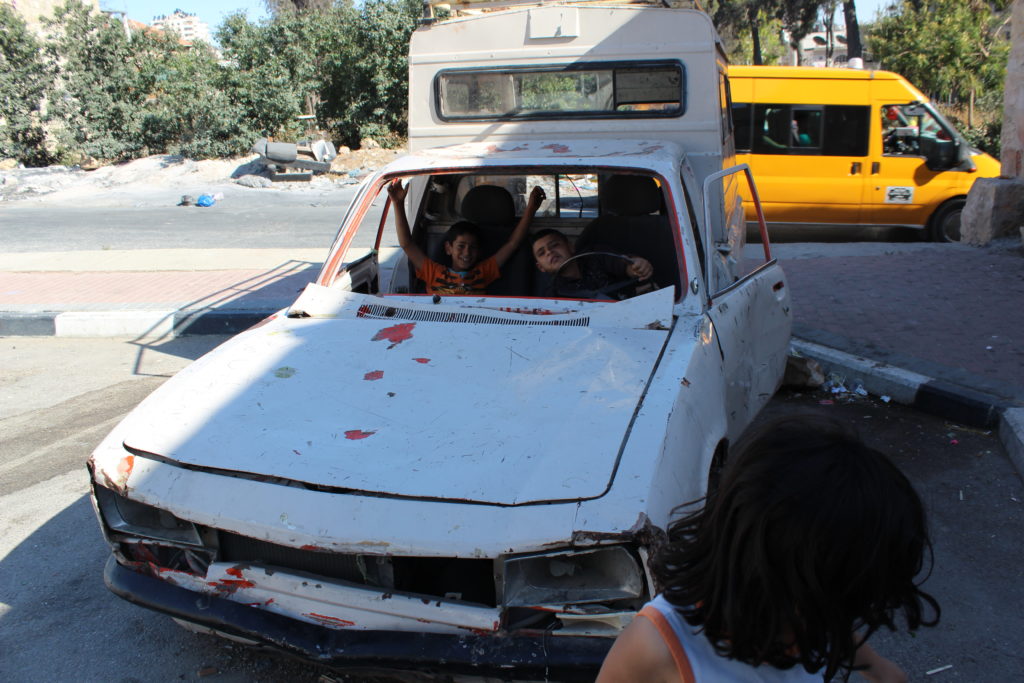
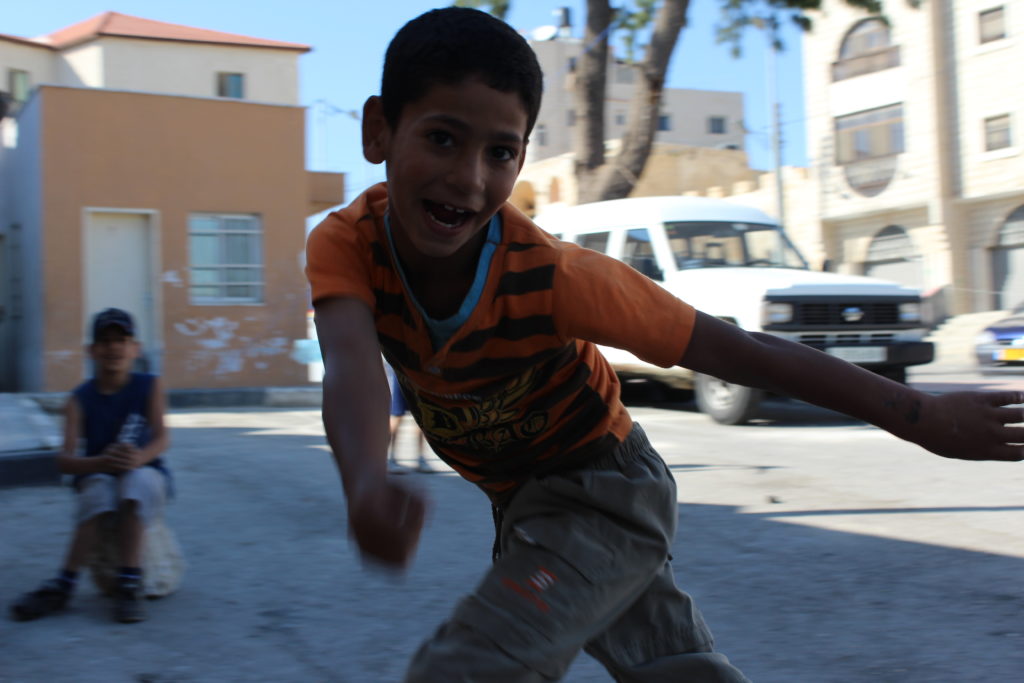
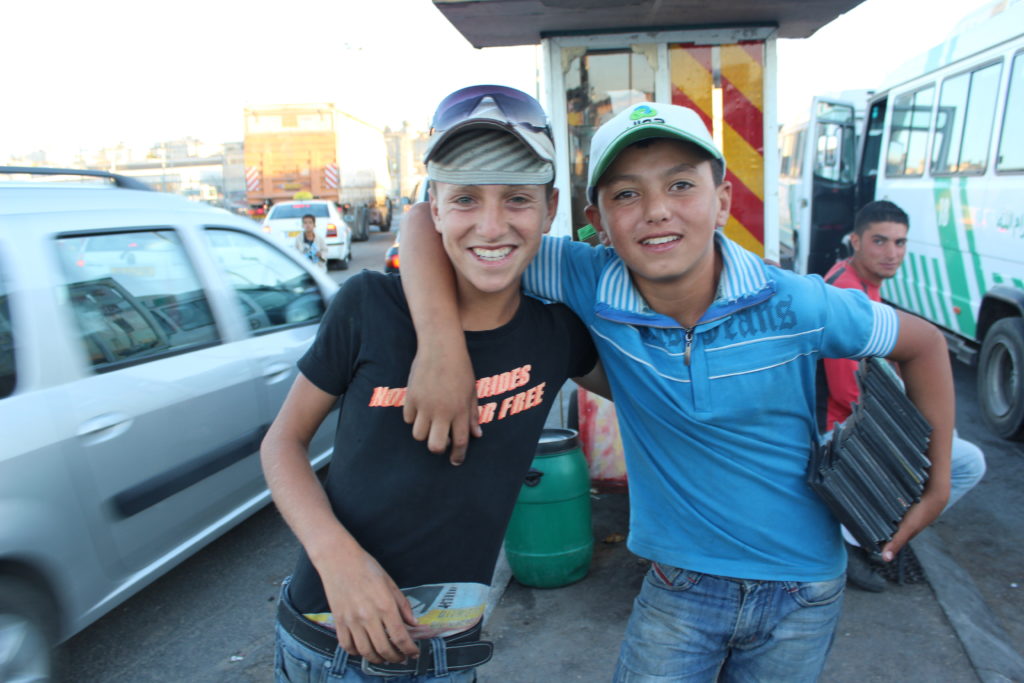
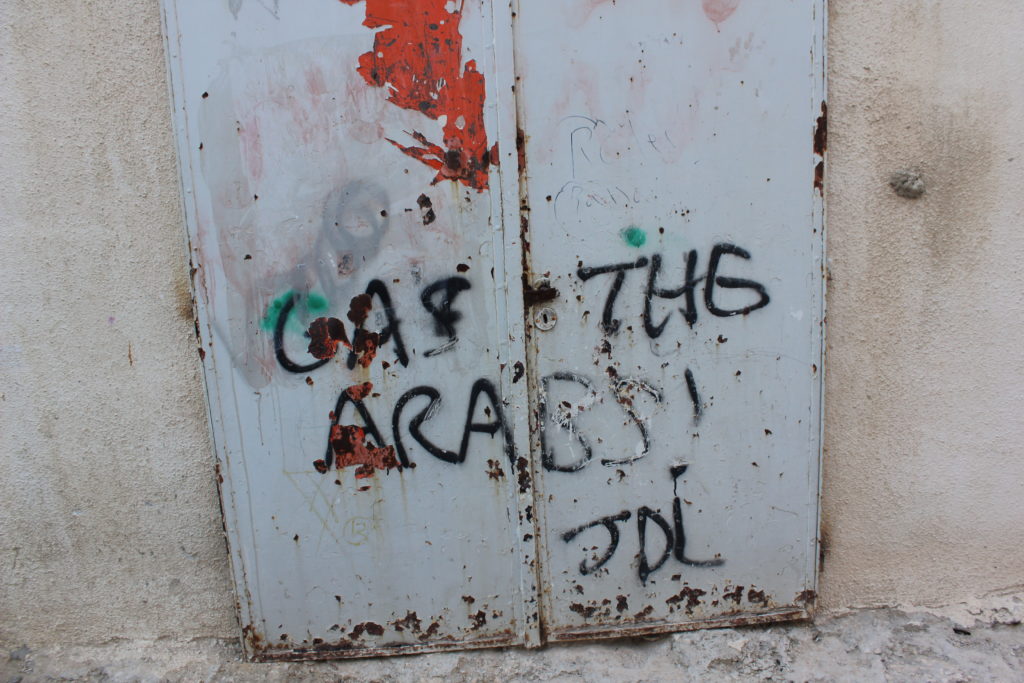
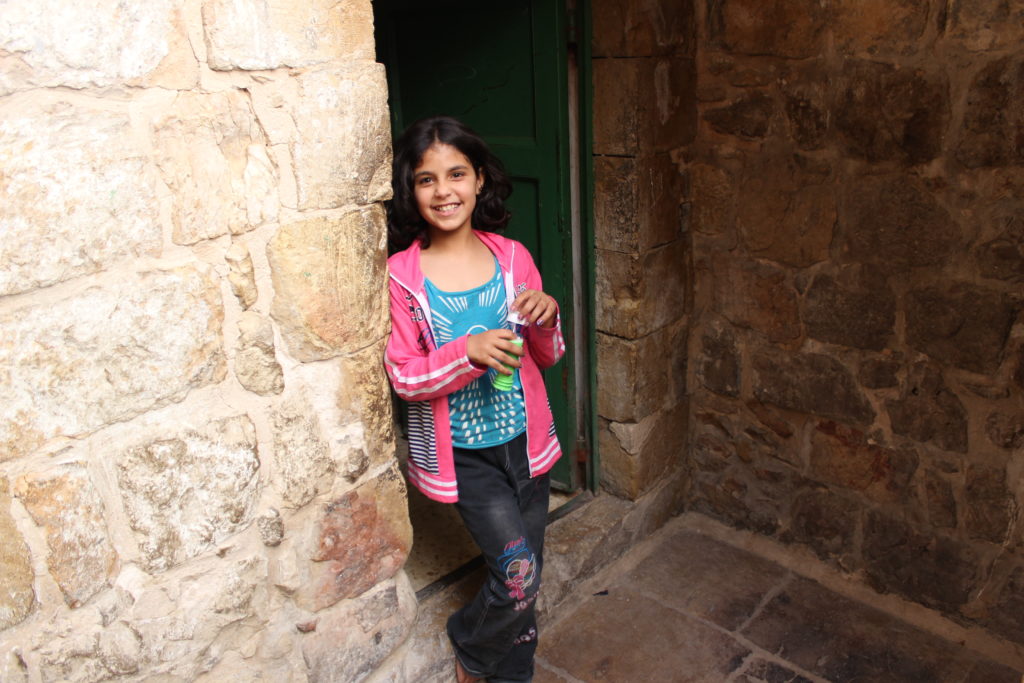
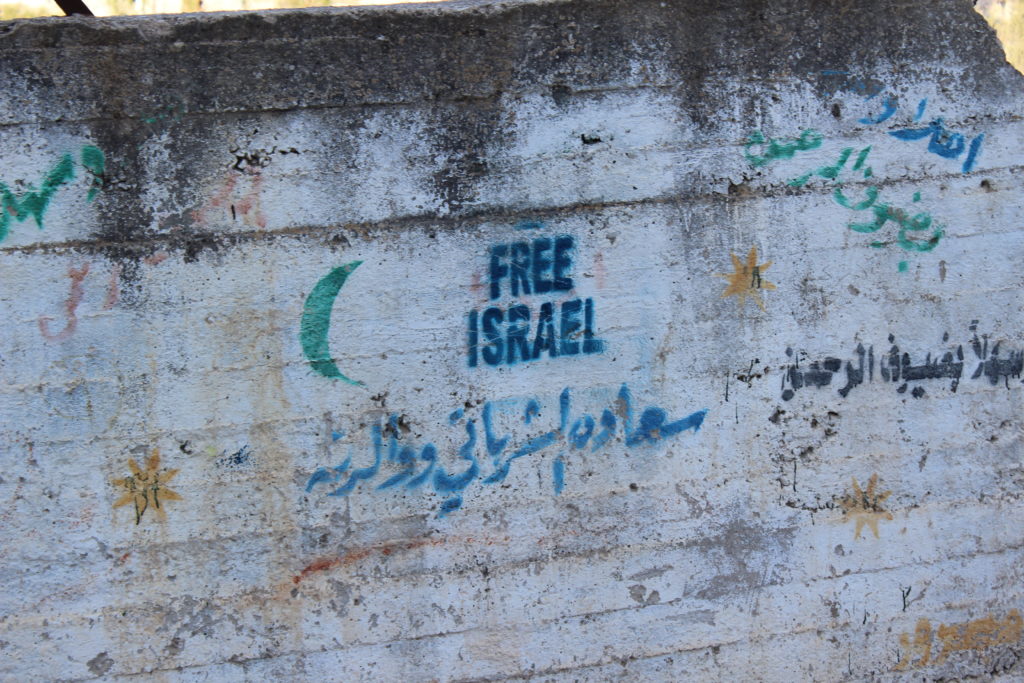
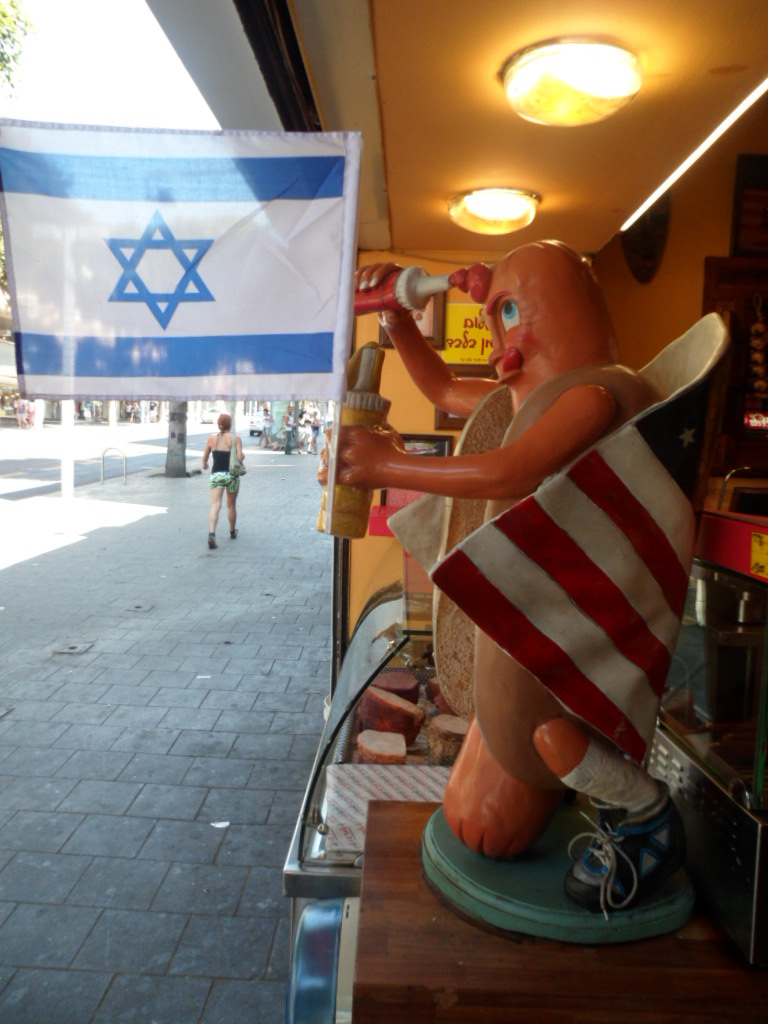
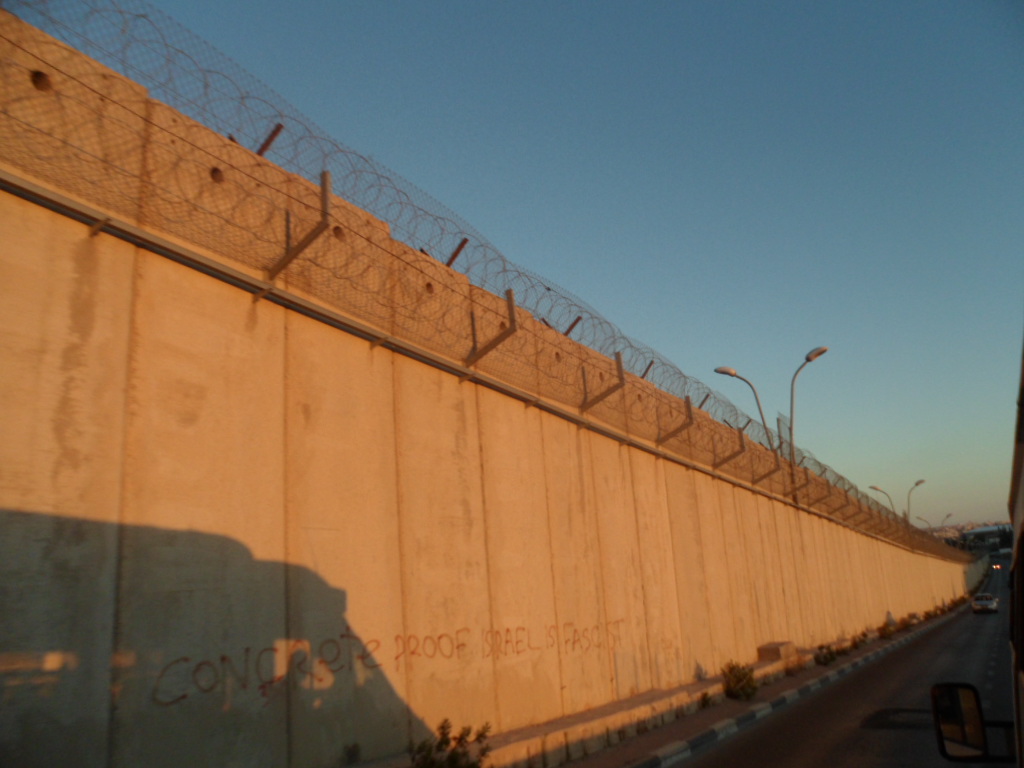
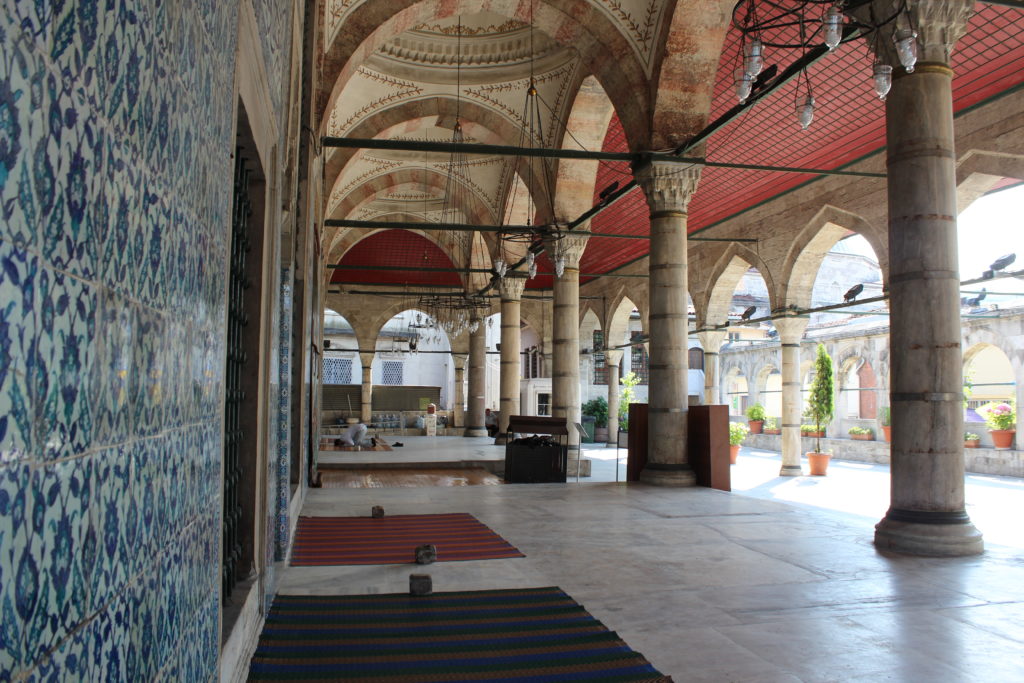
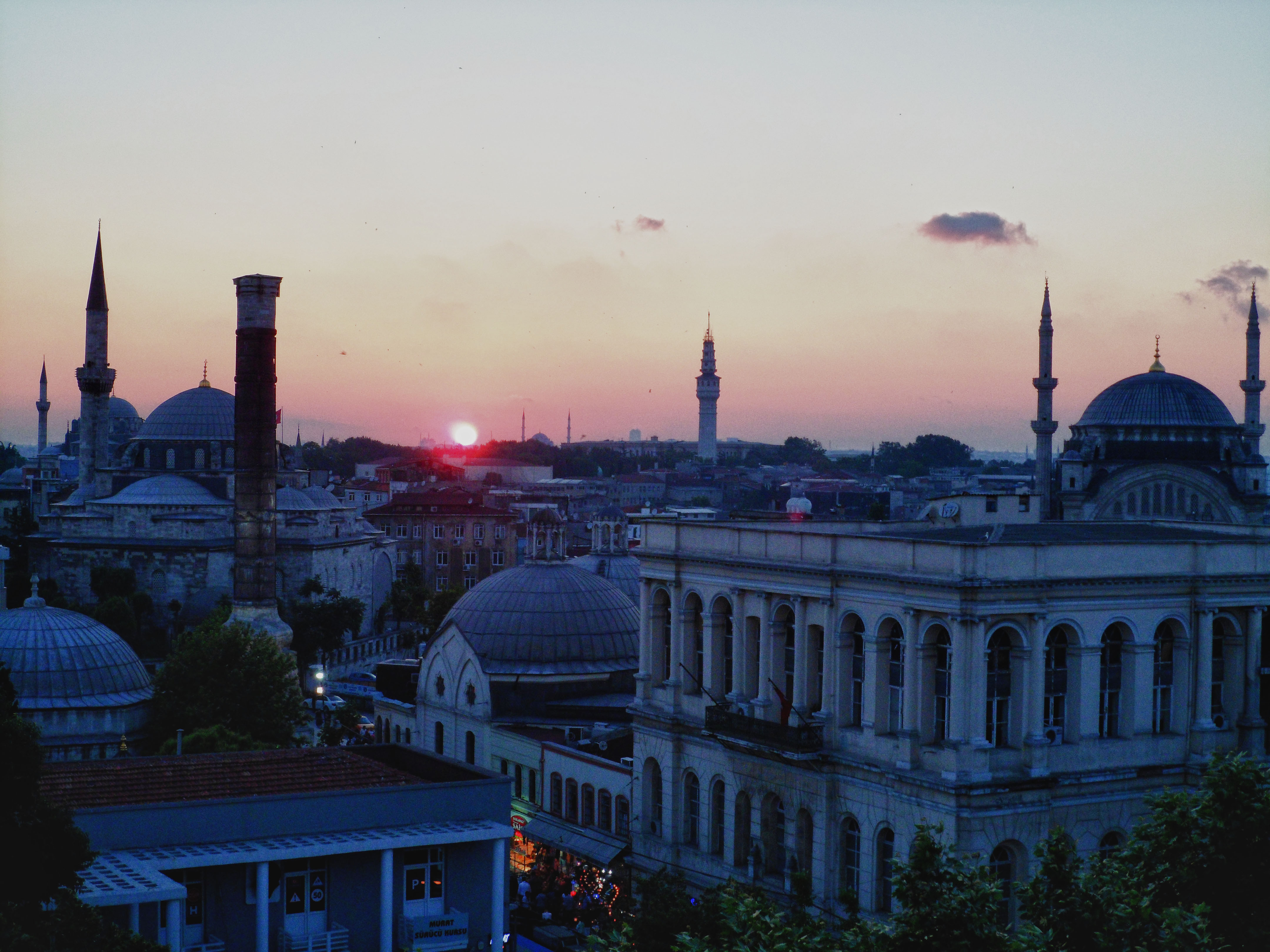
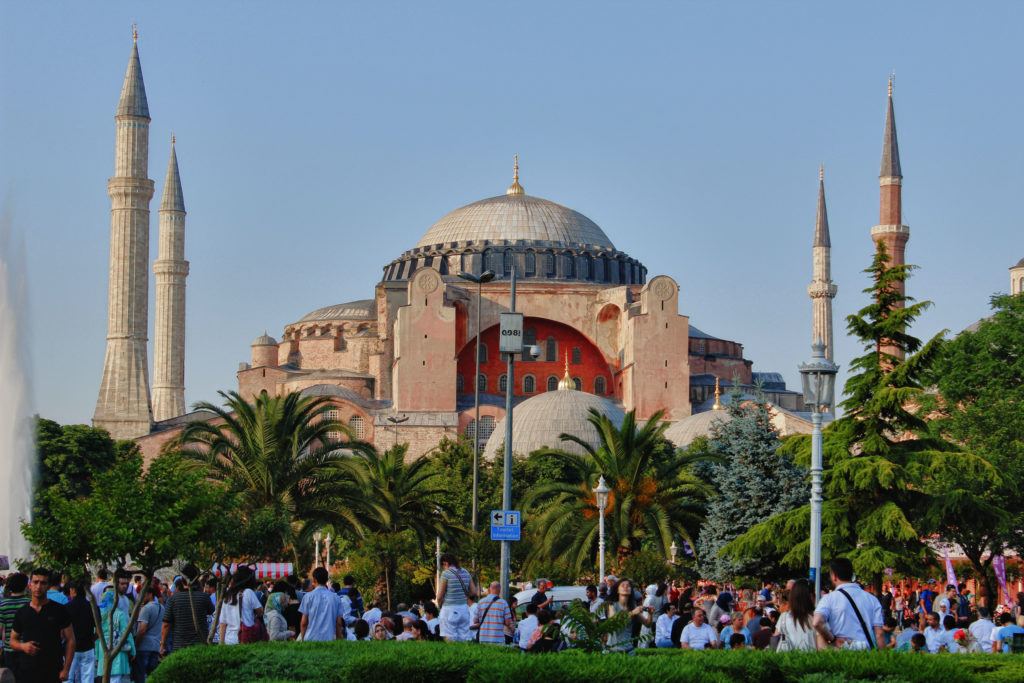
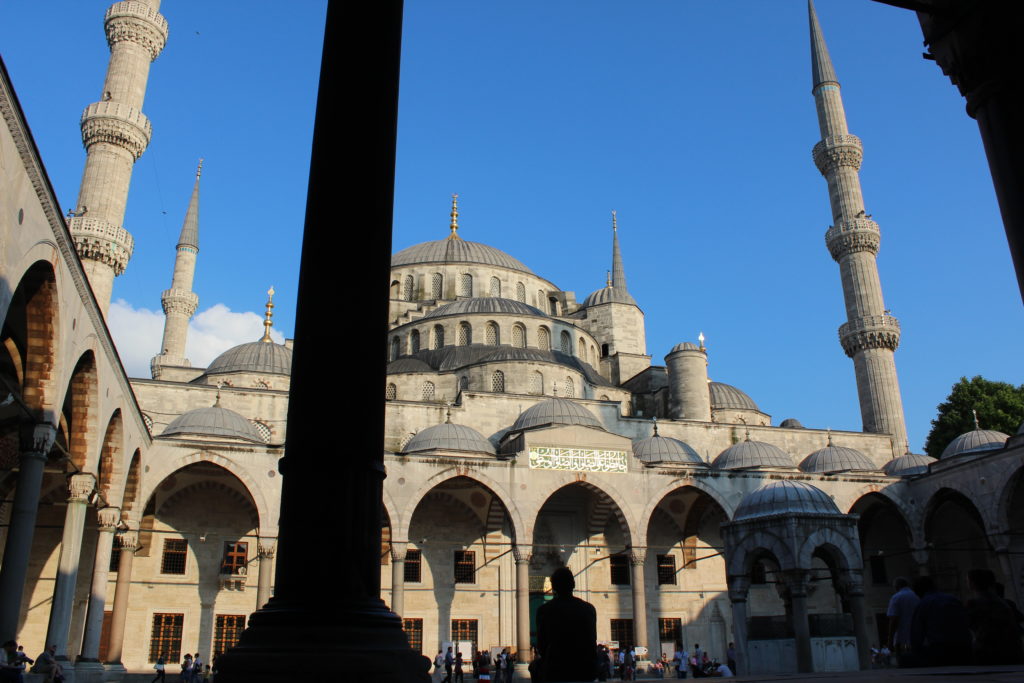
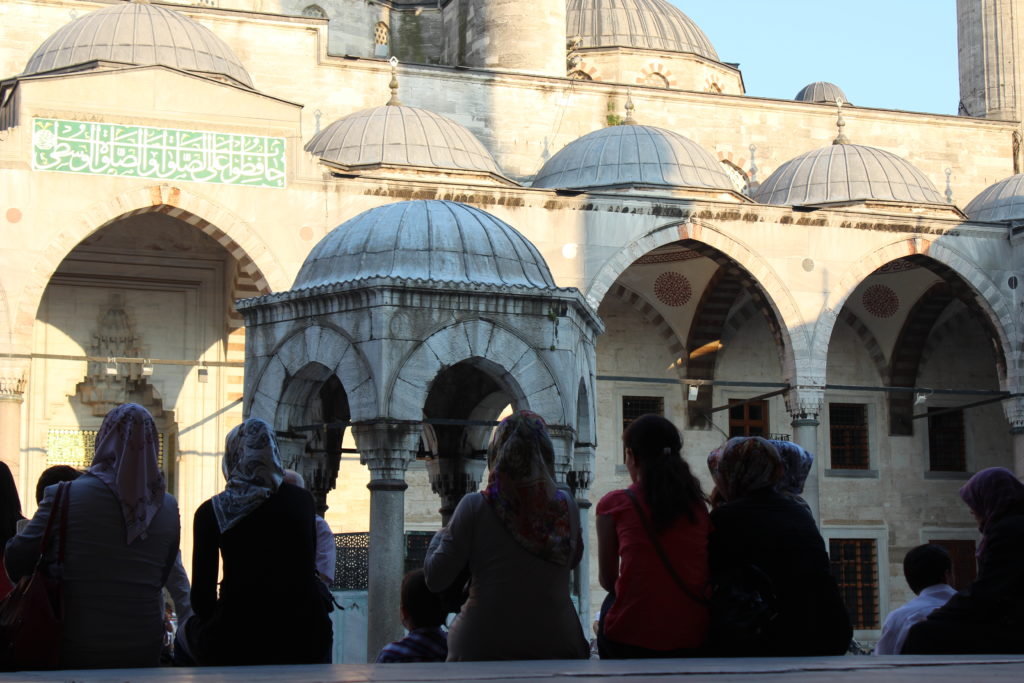
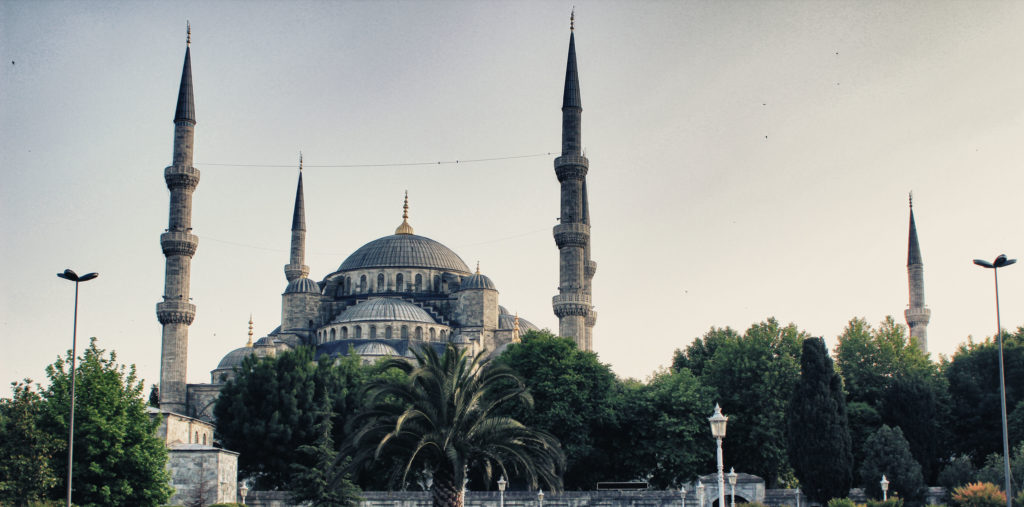
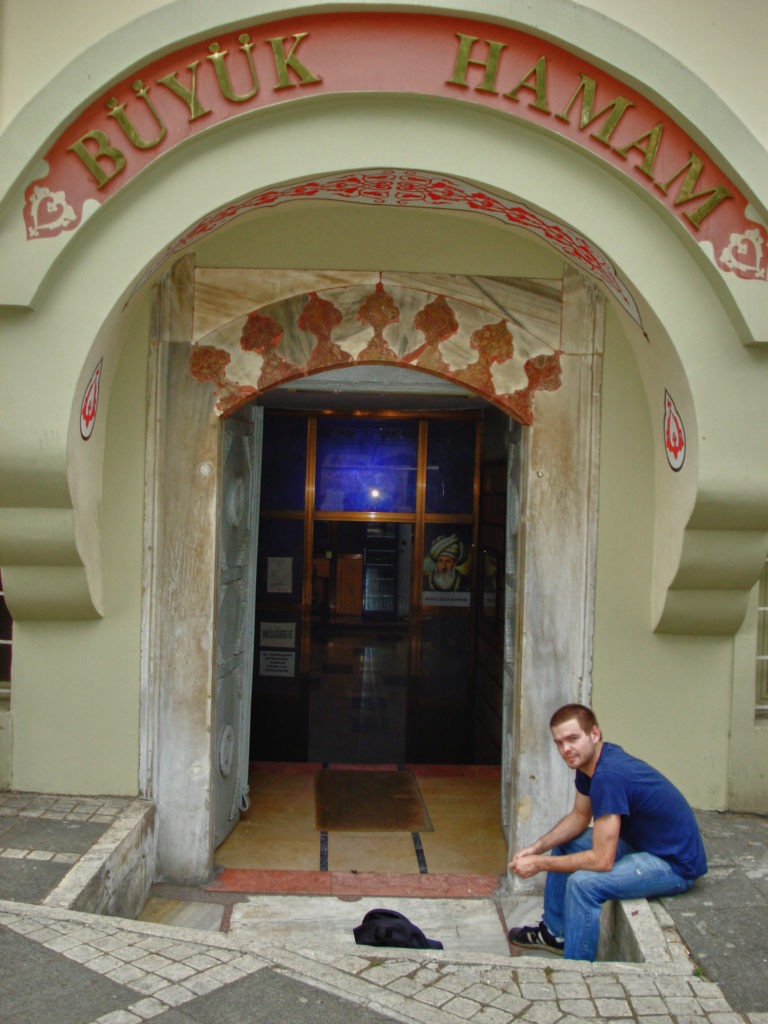
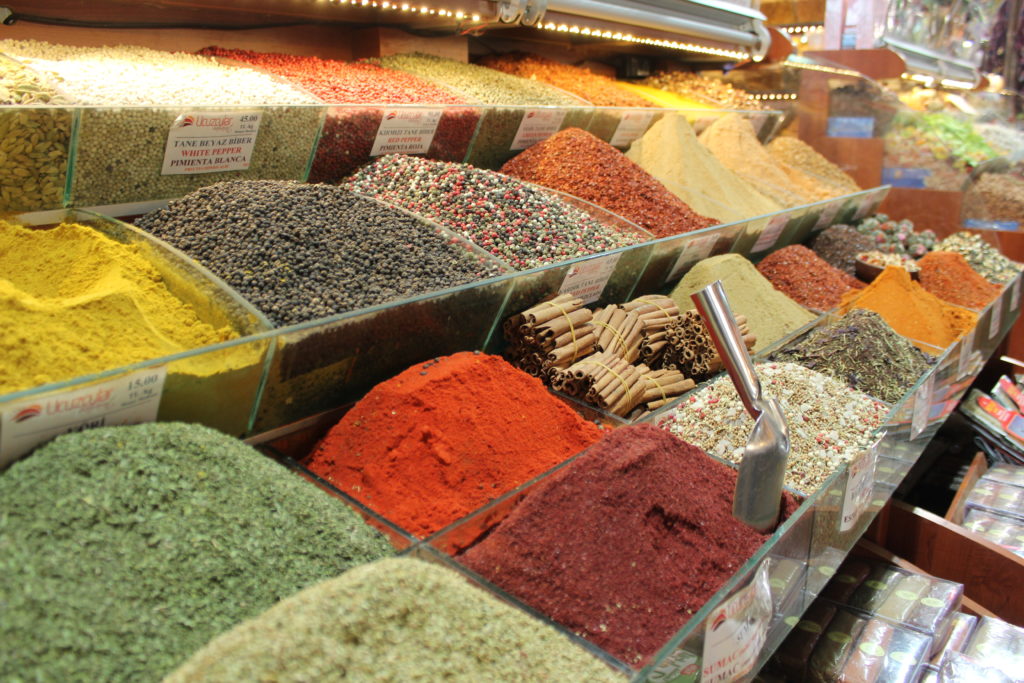
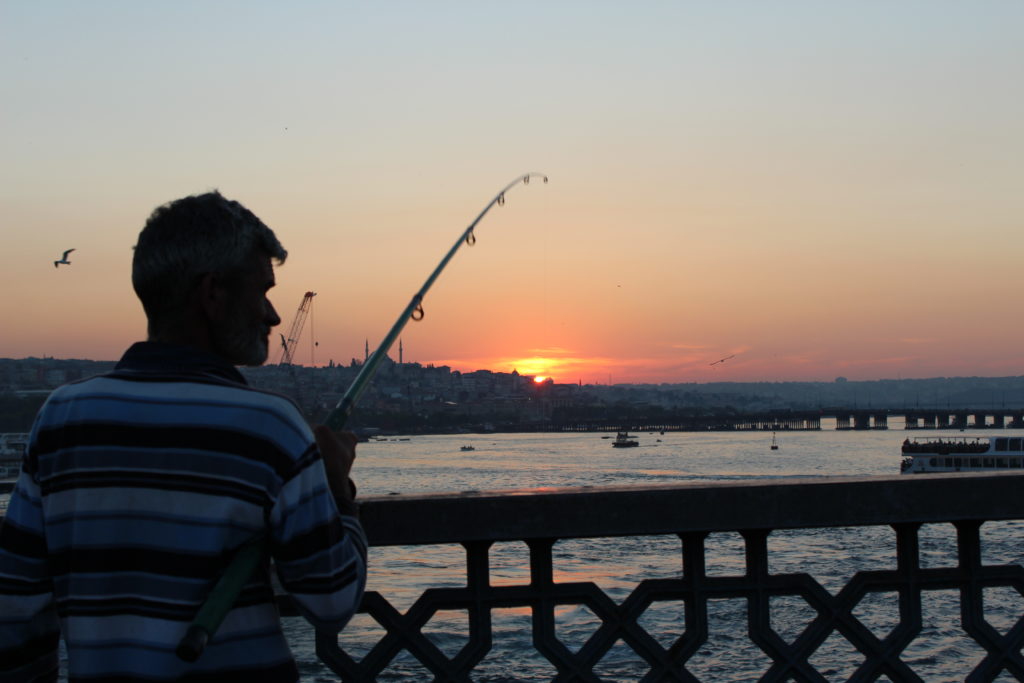
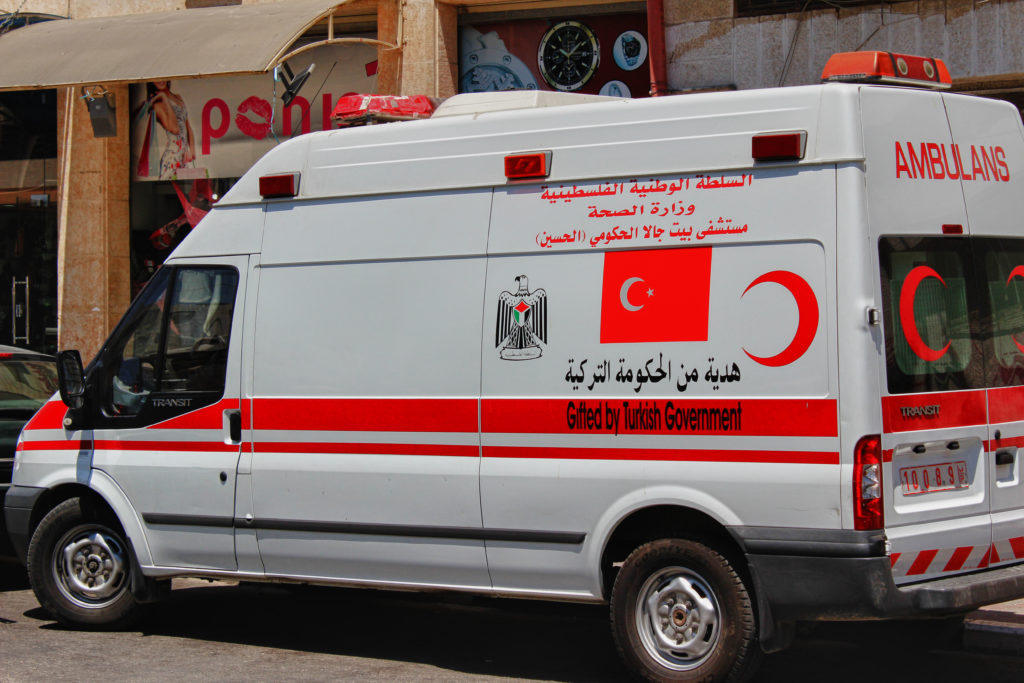
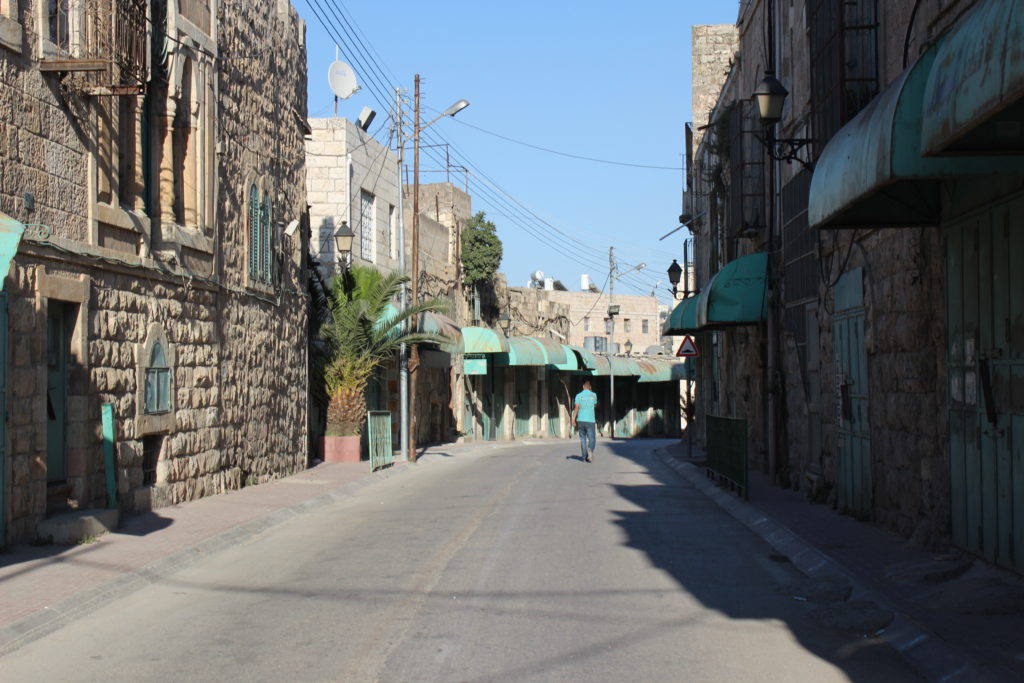
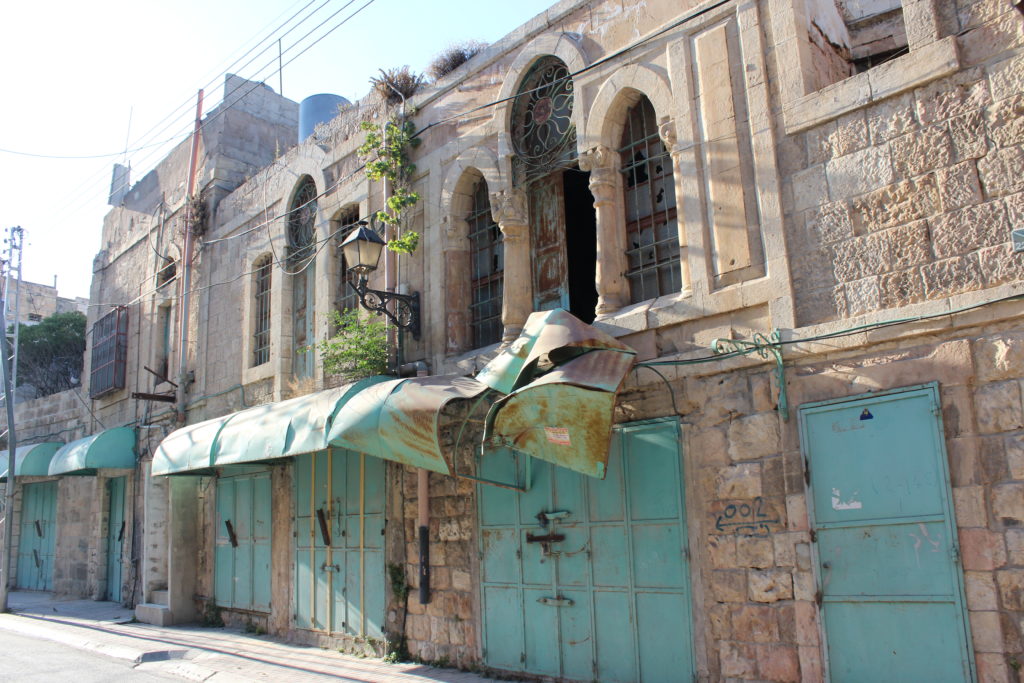
A collection of photos from Turkey, Lebanon, Jordan, Palestine, and Israel.
